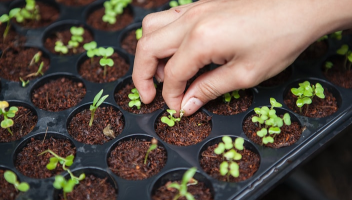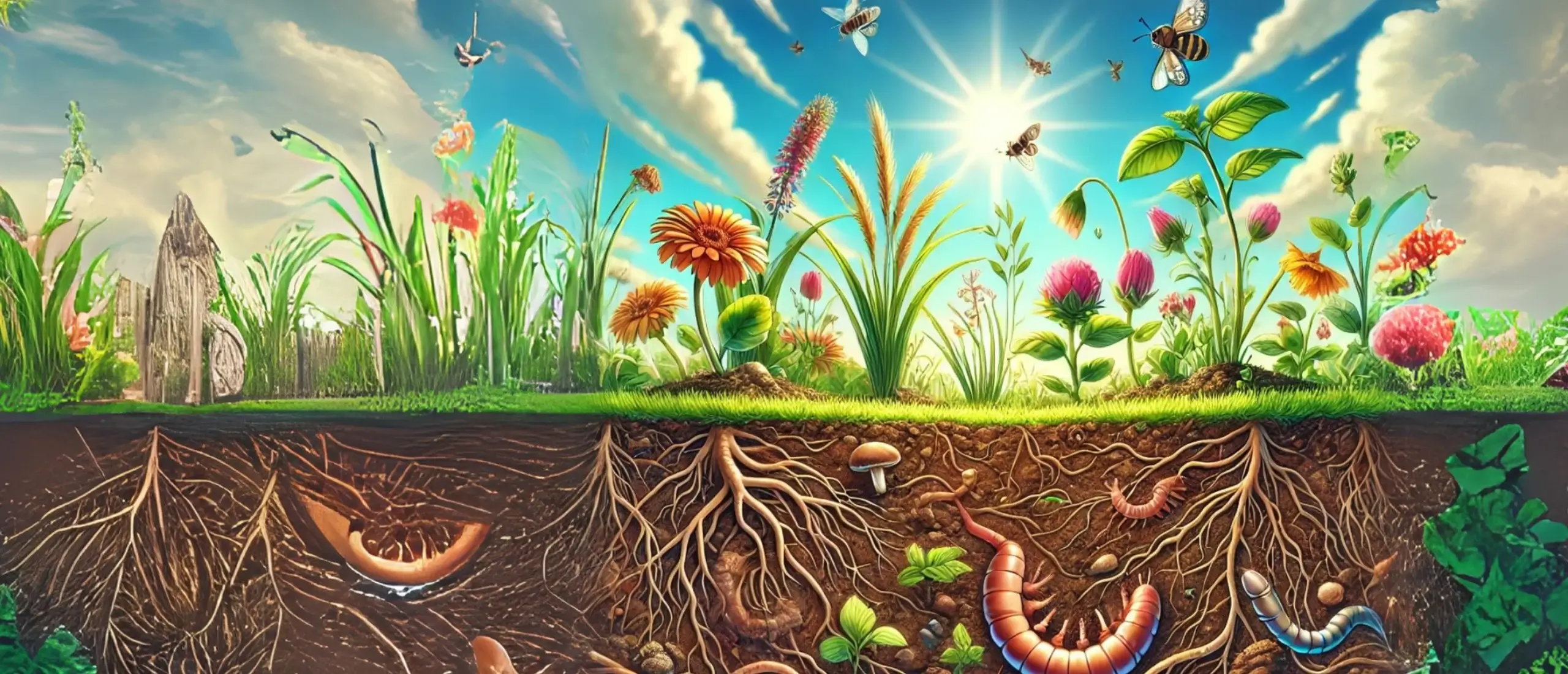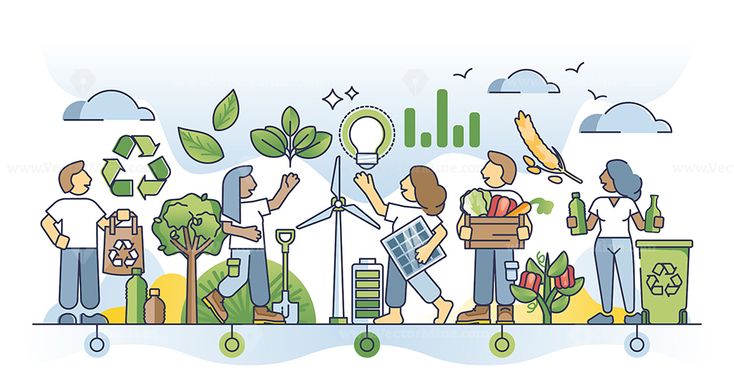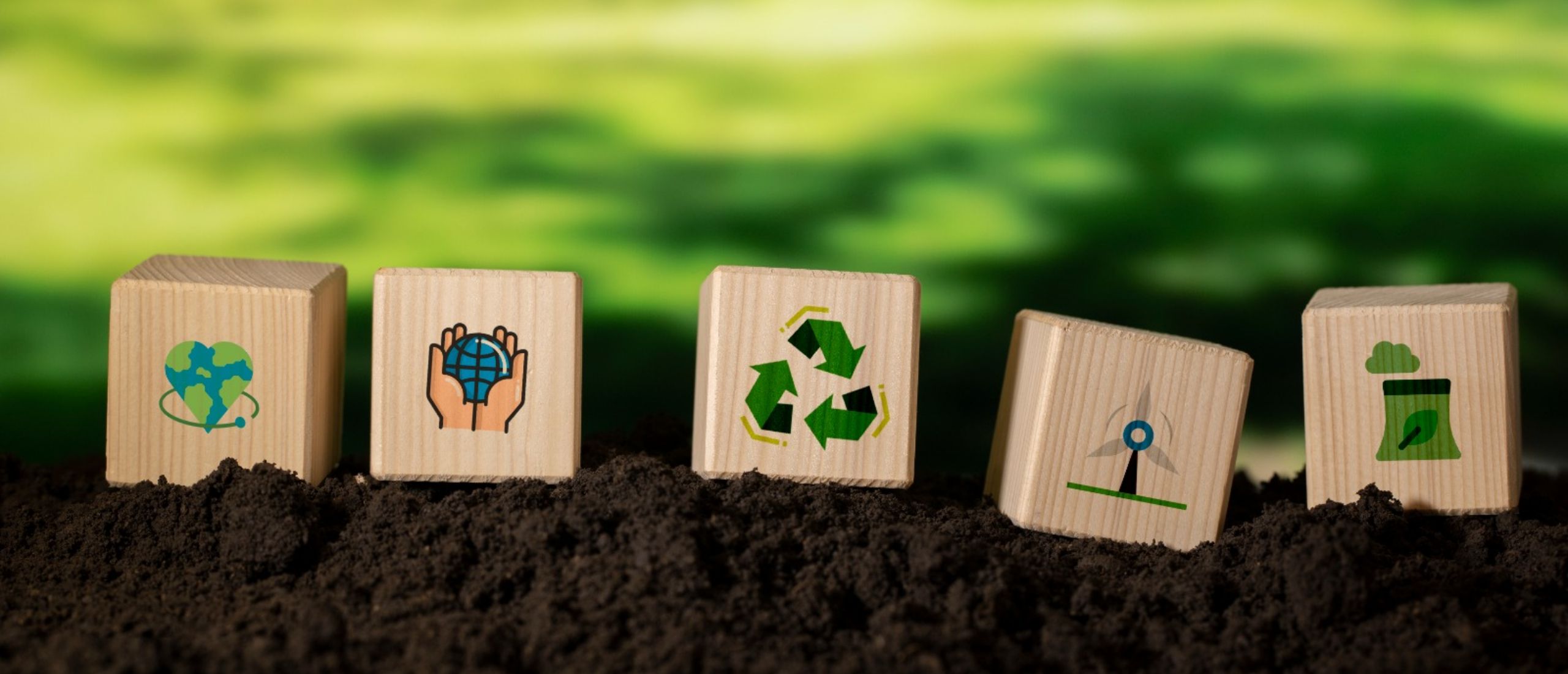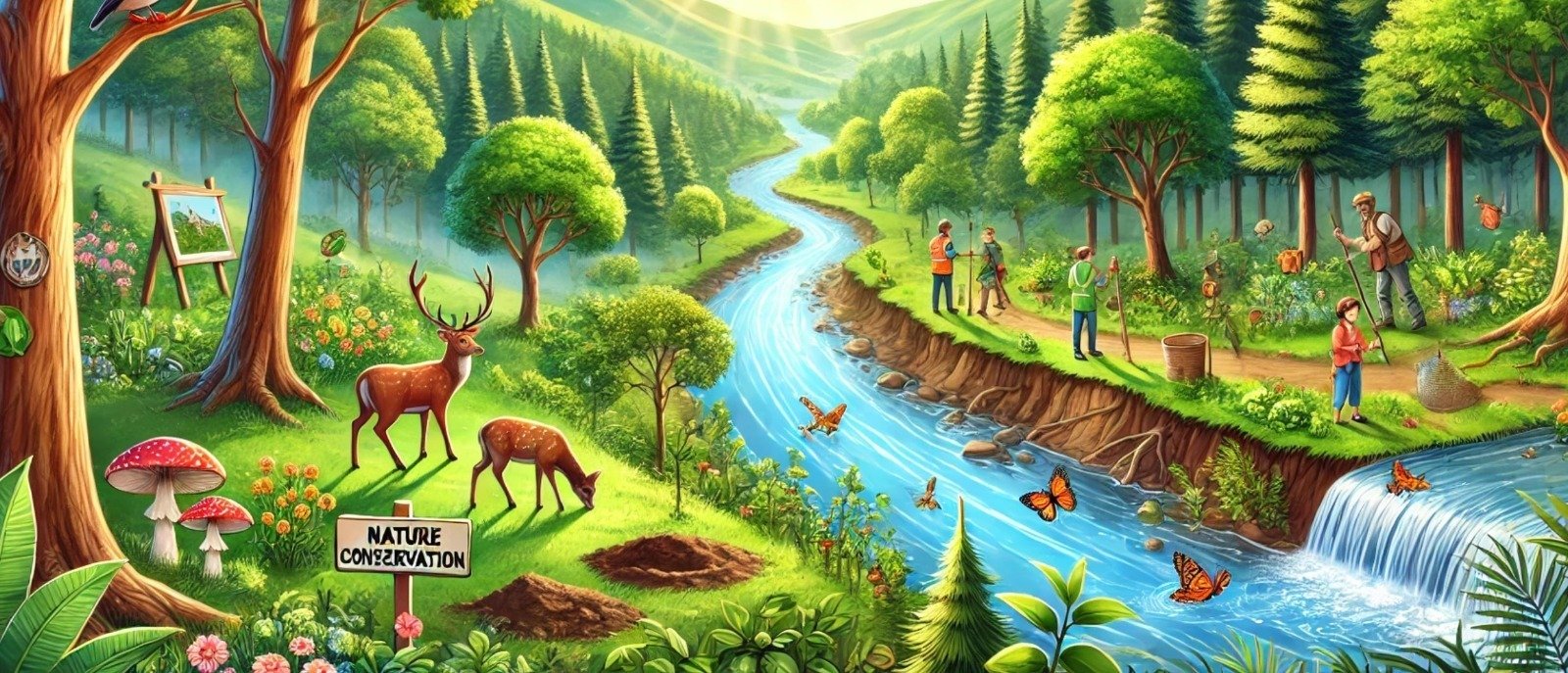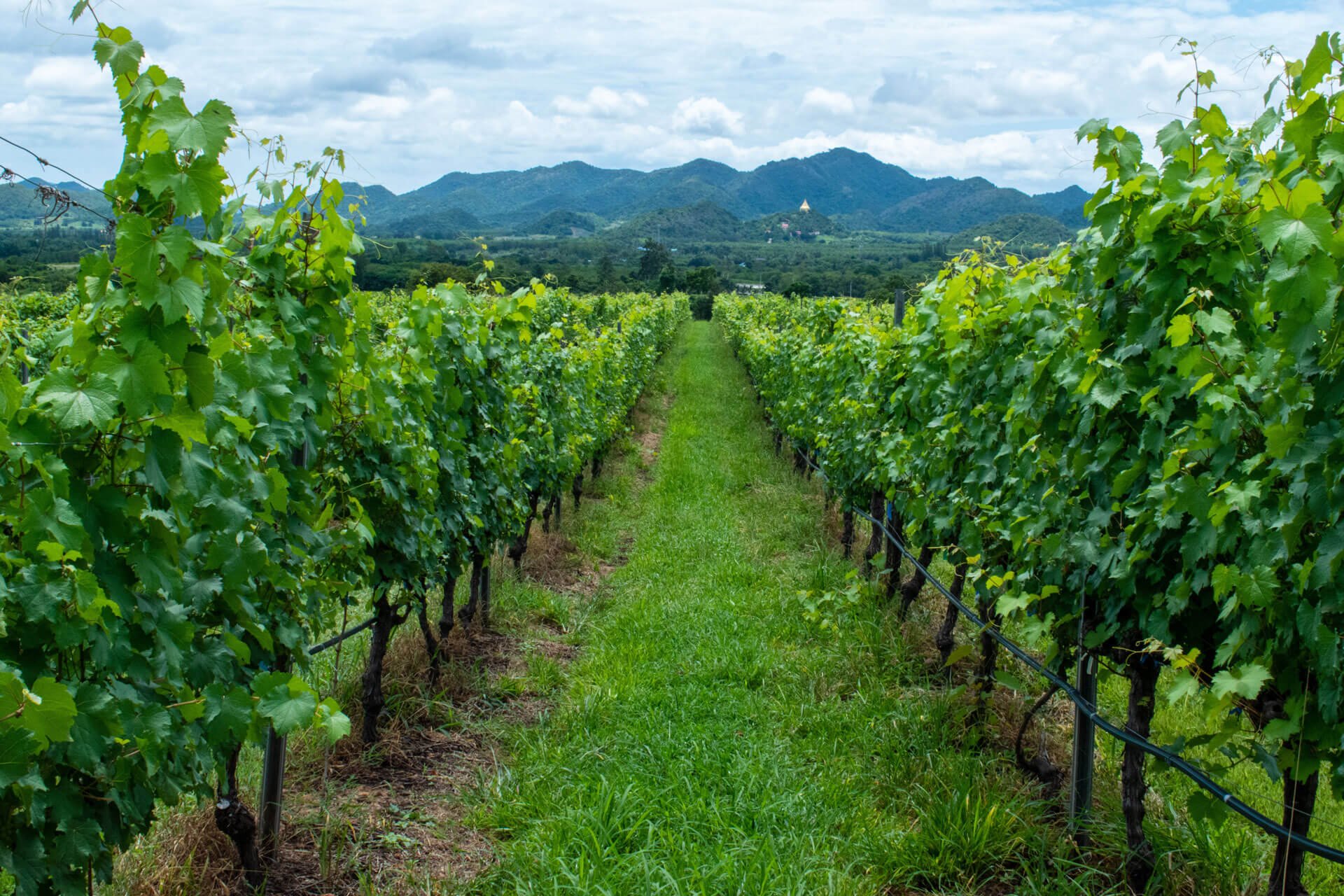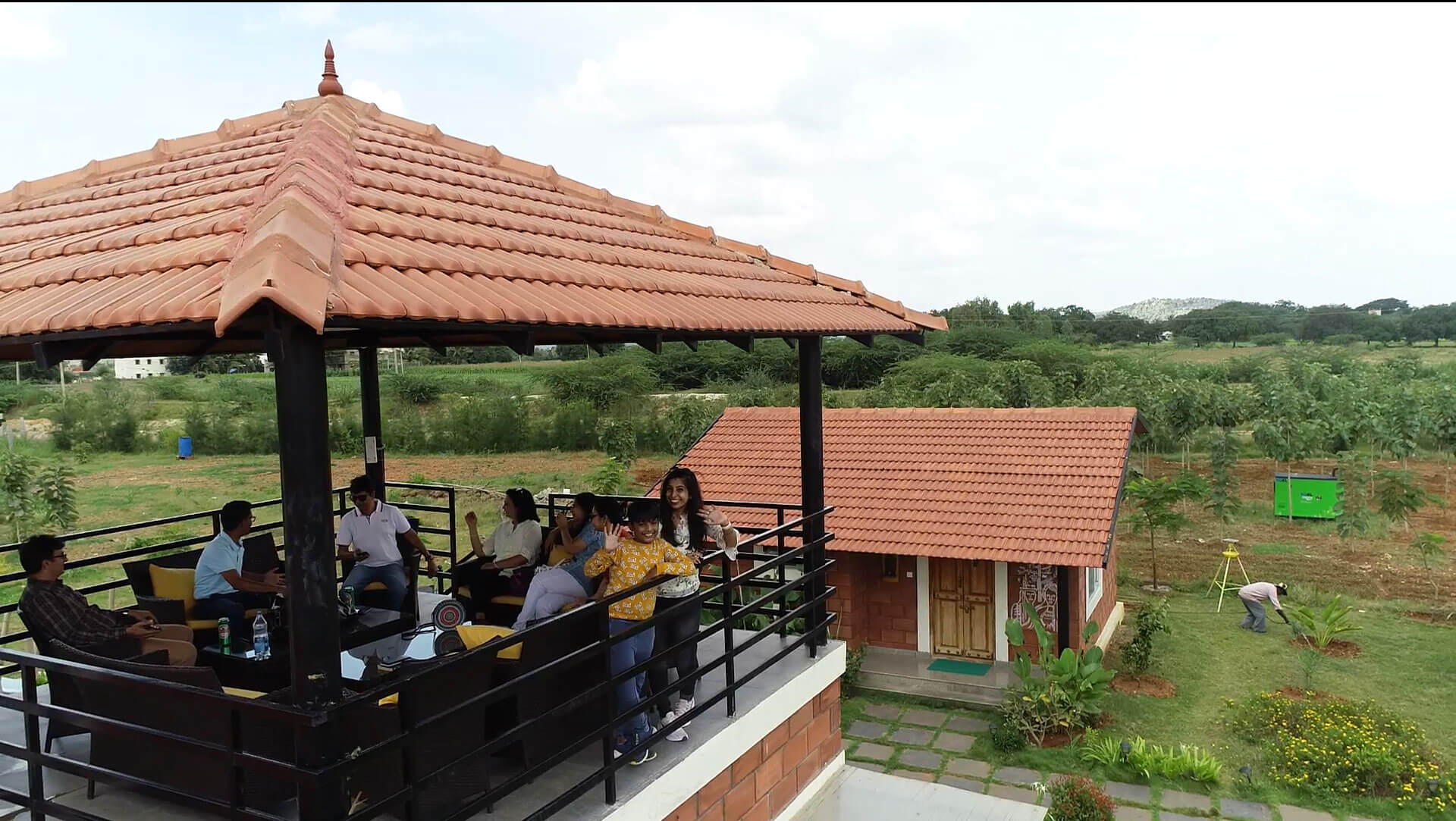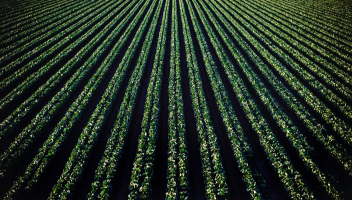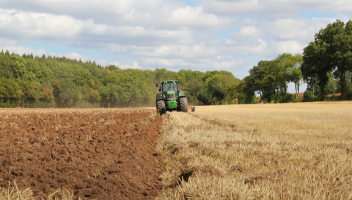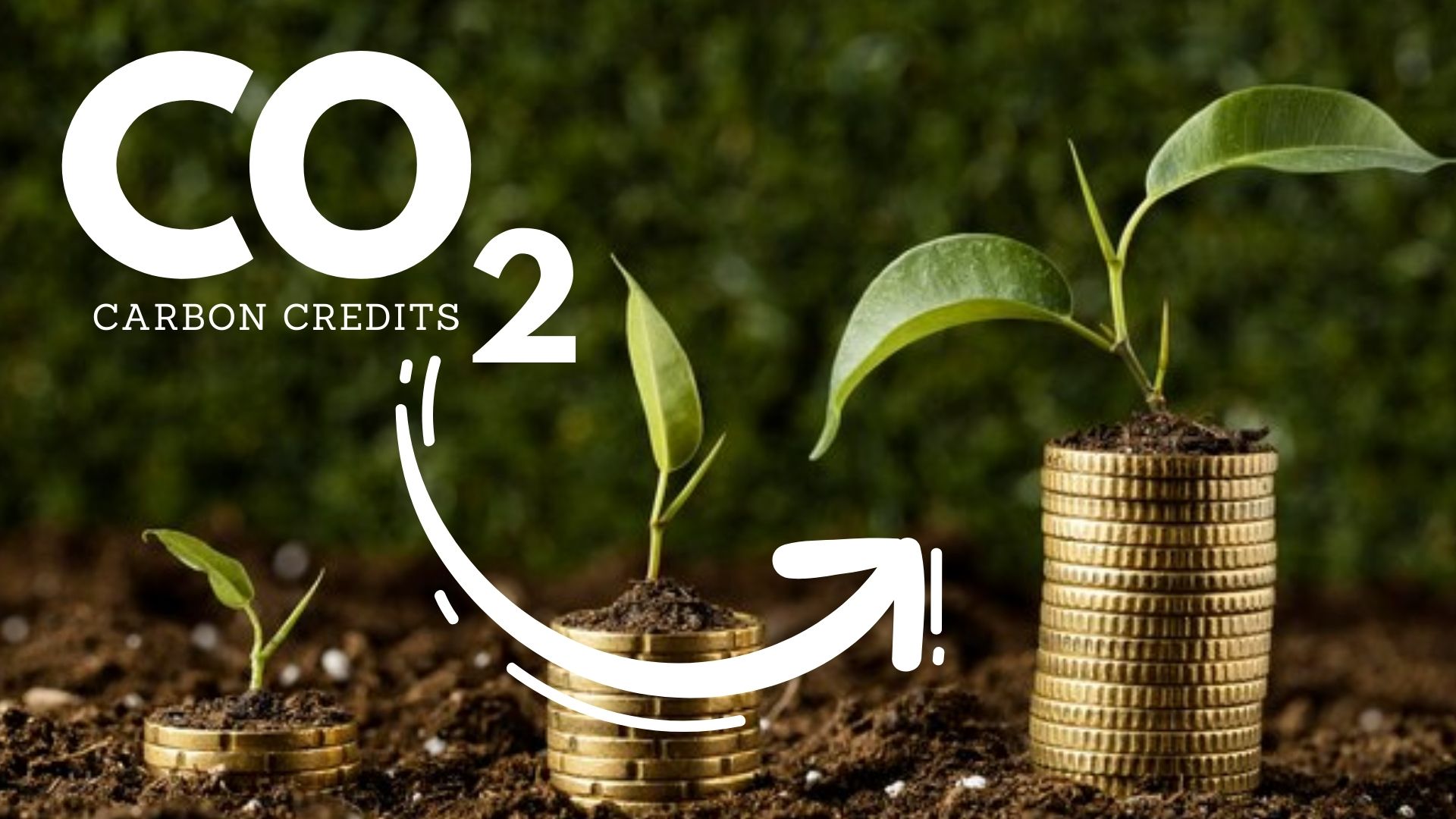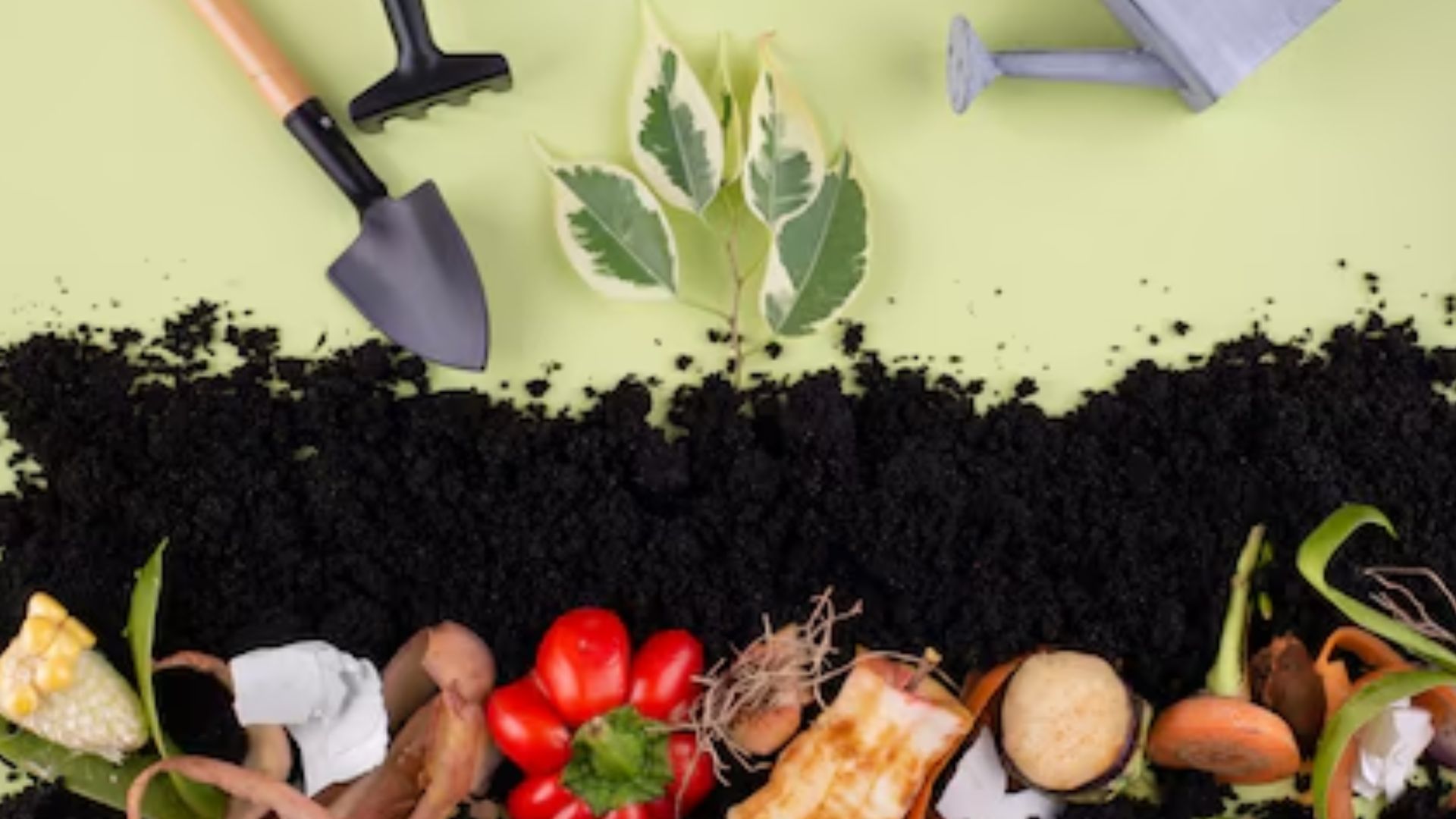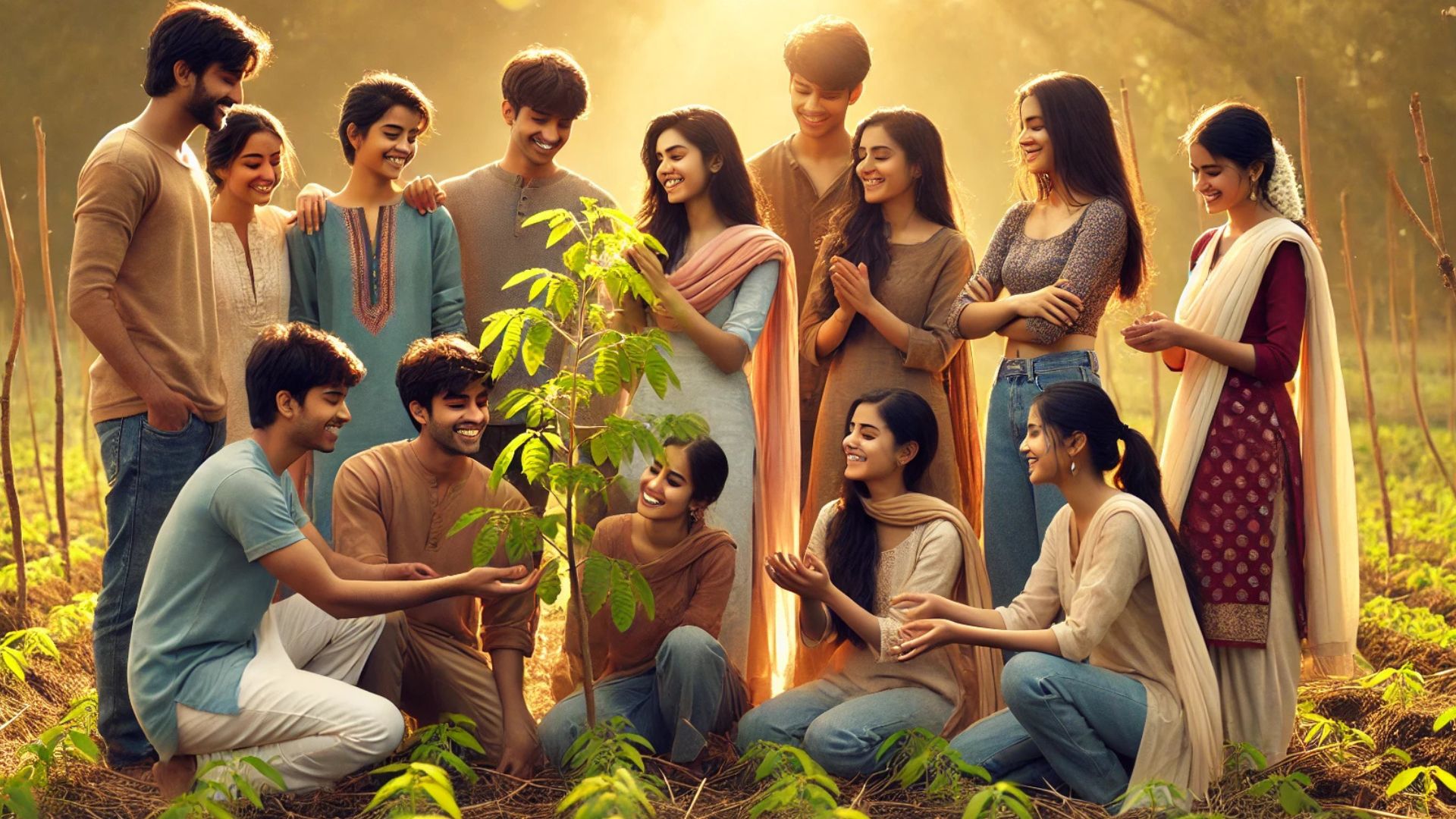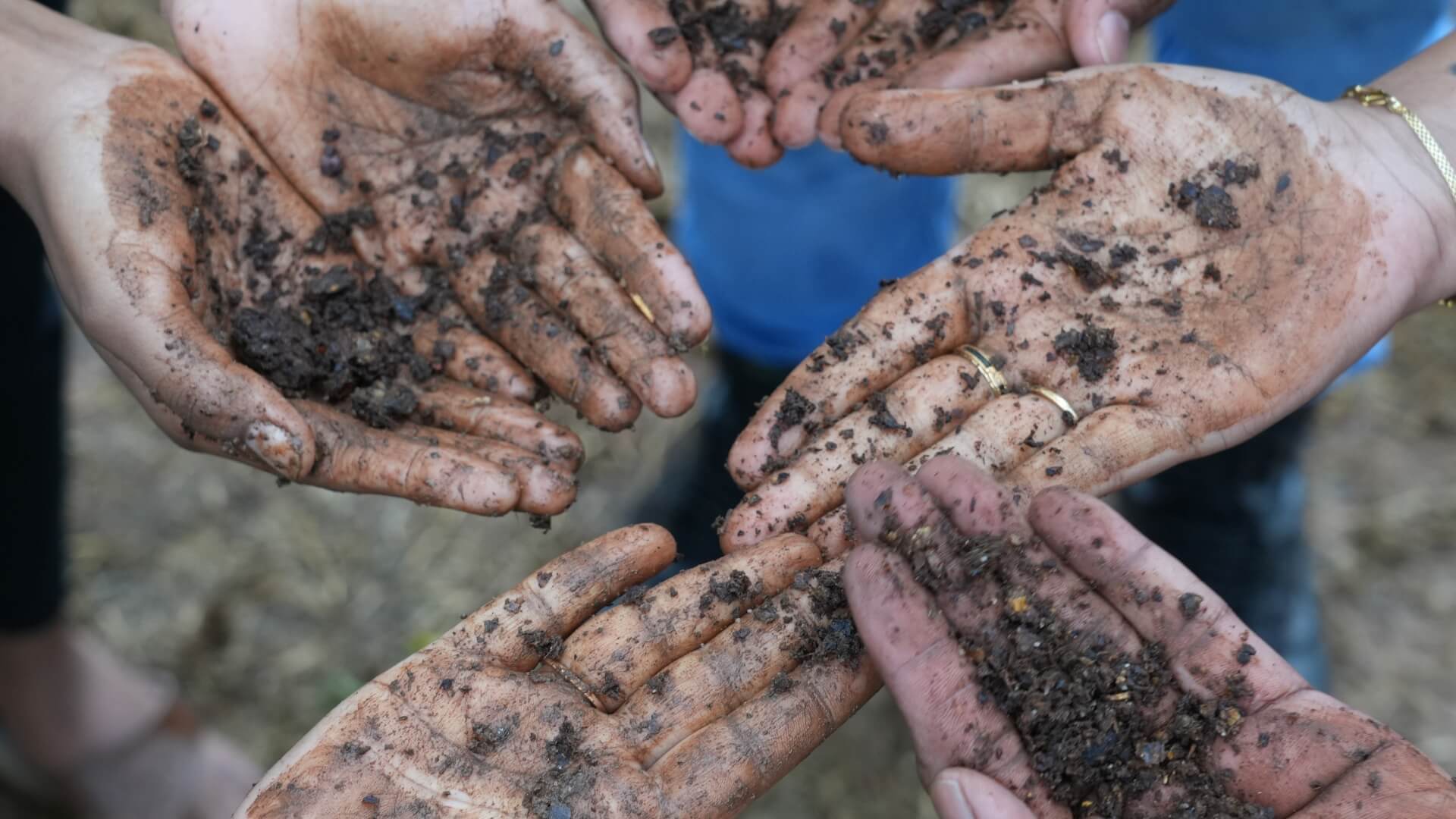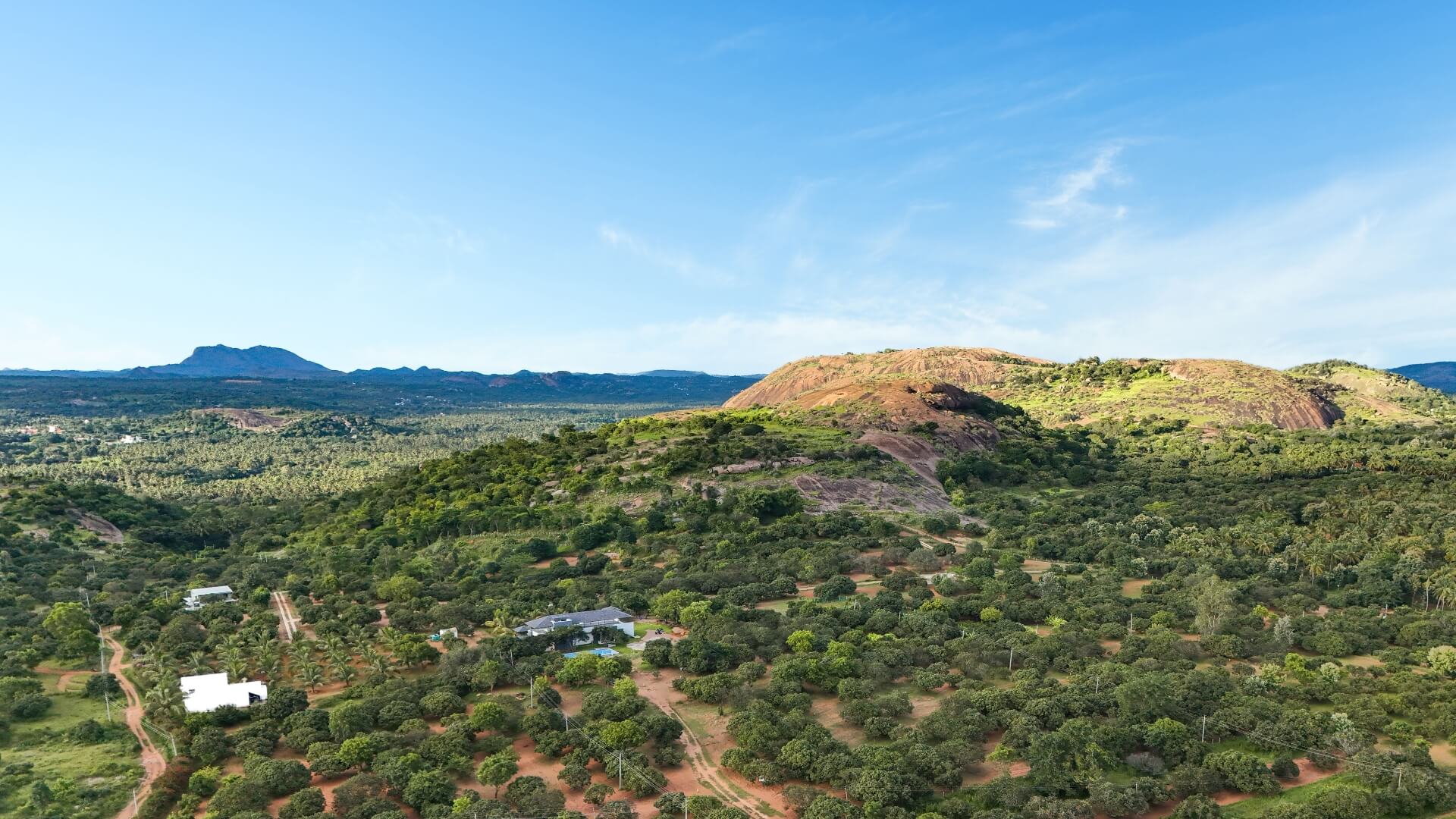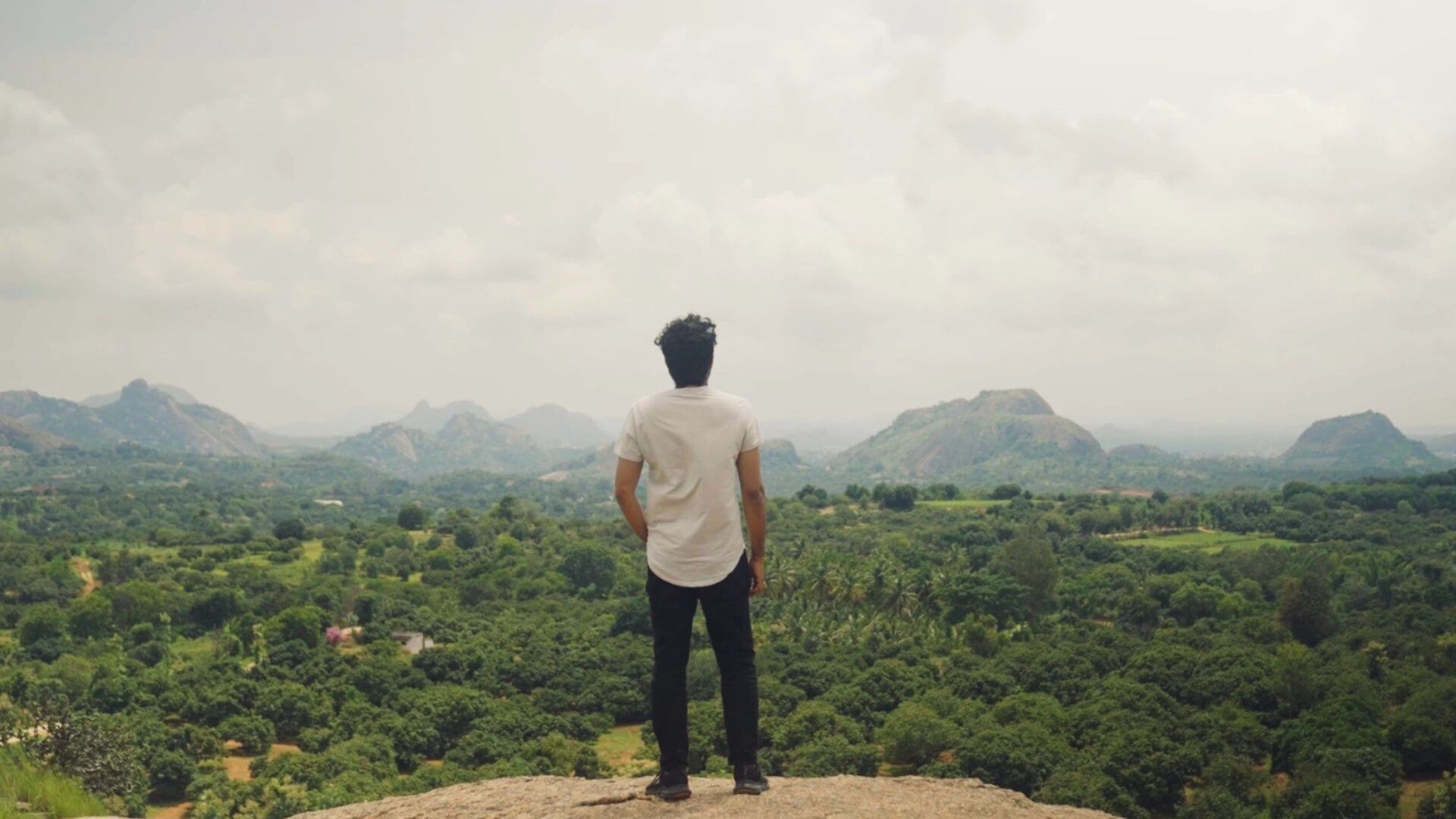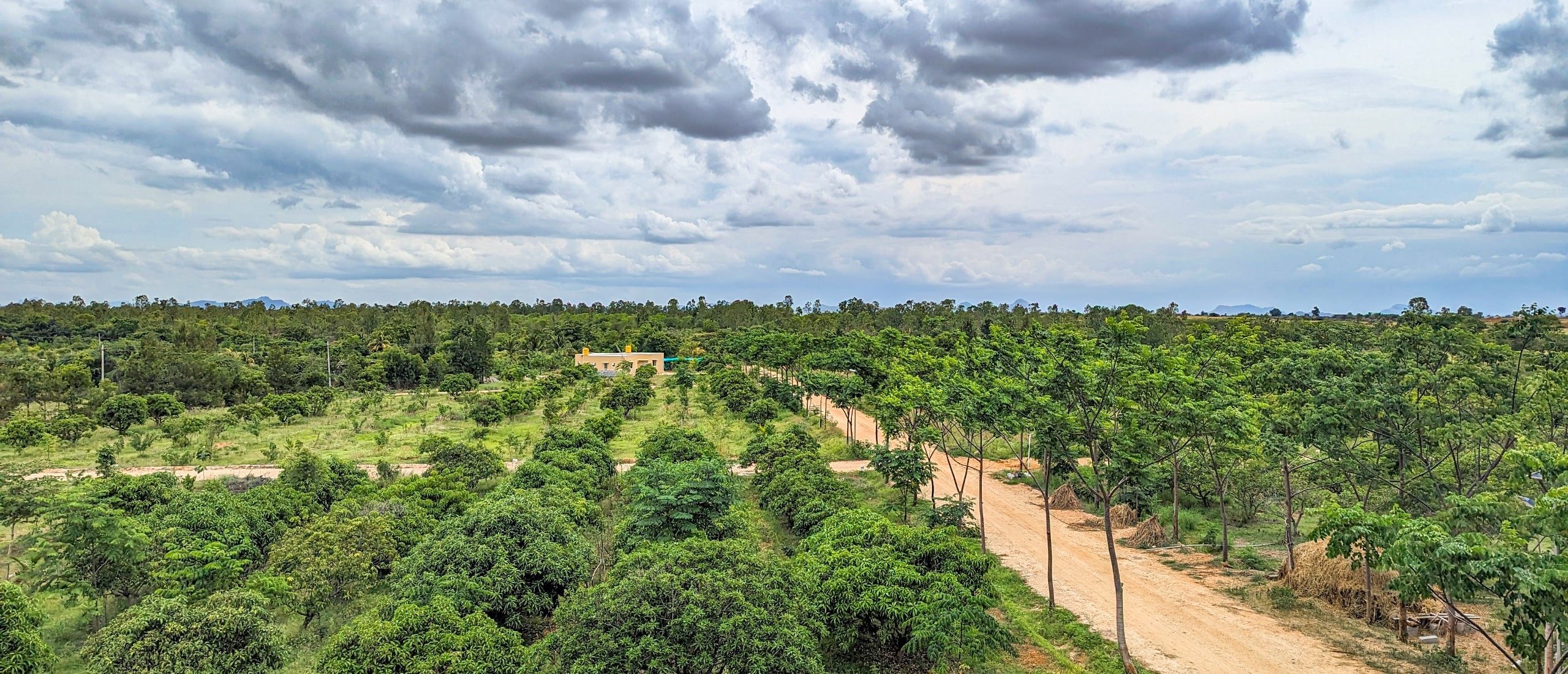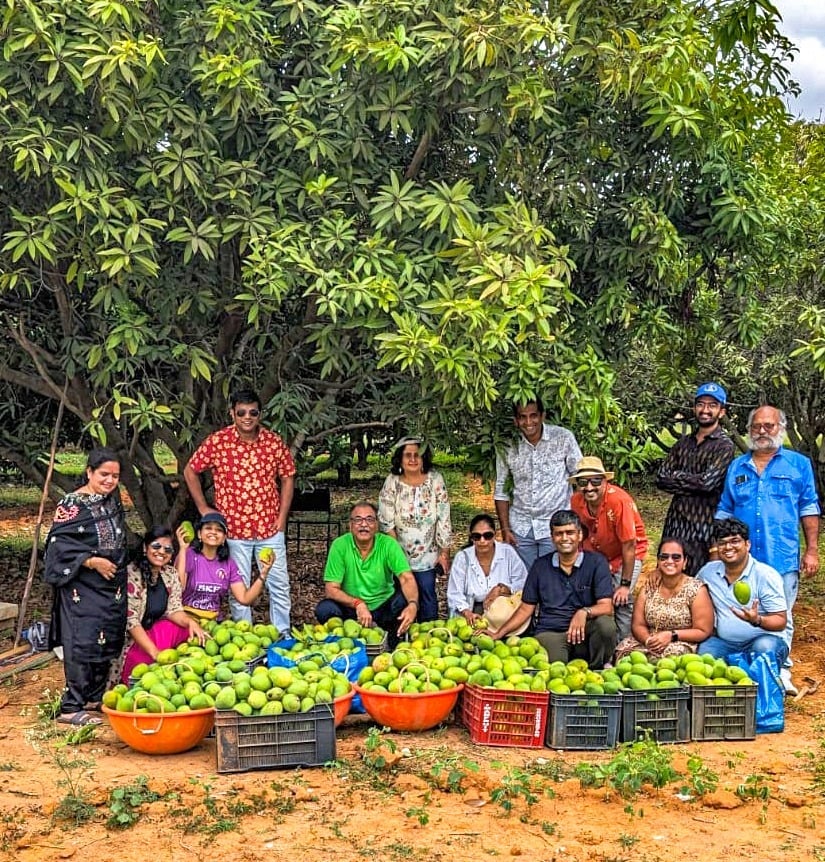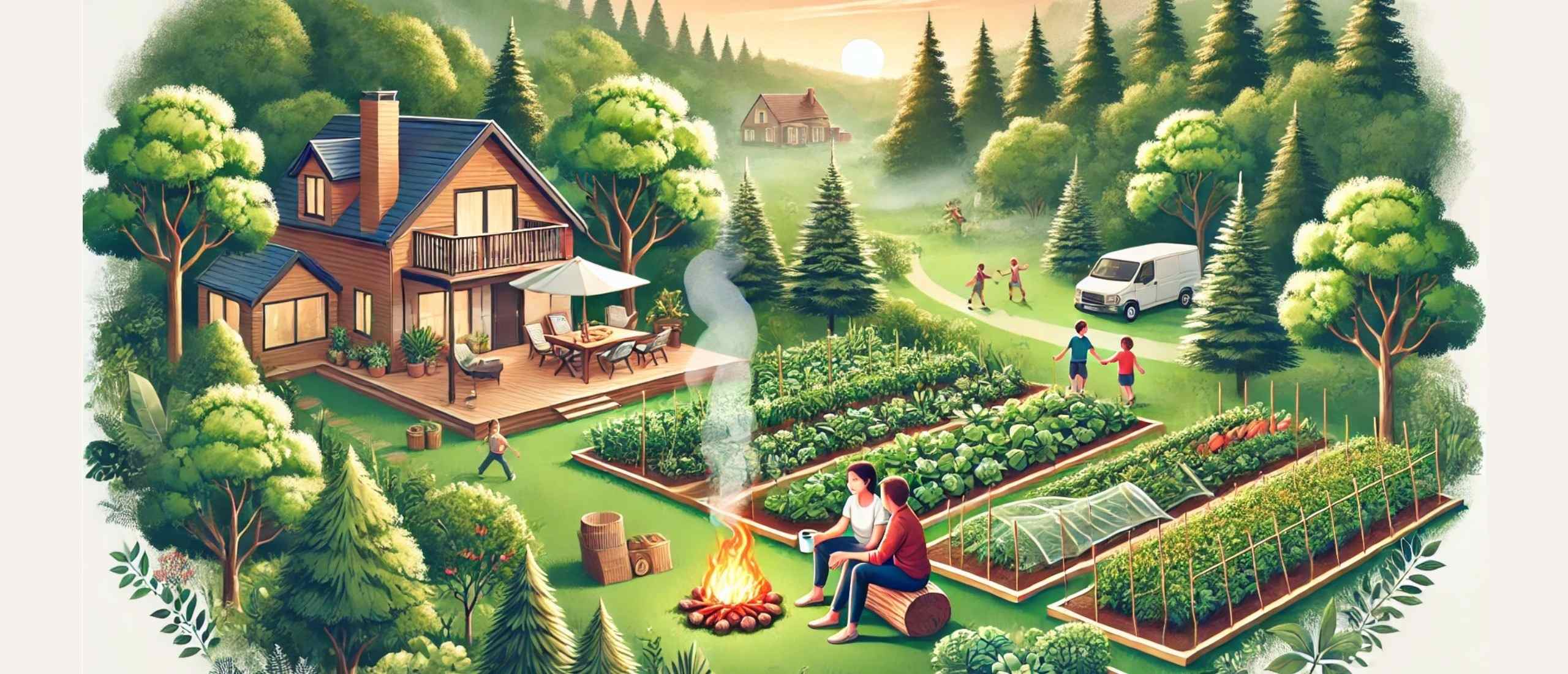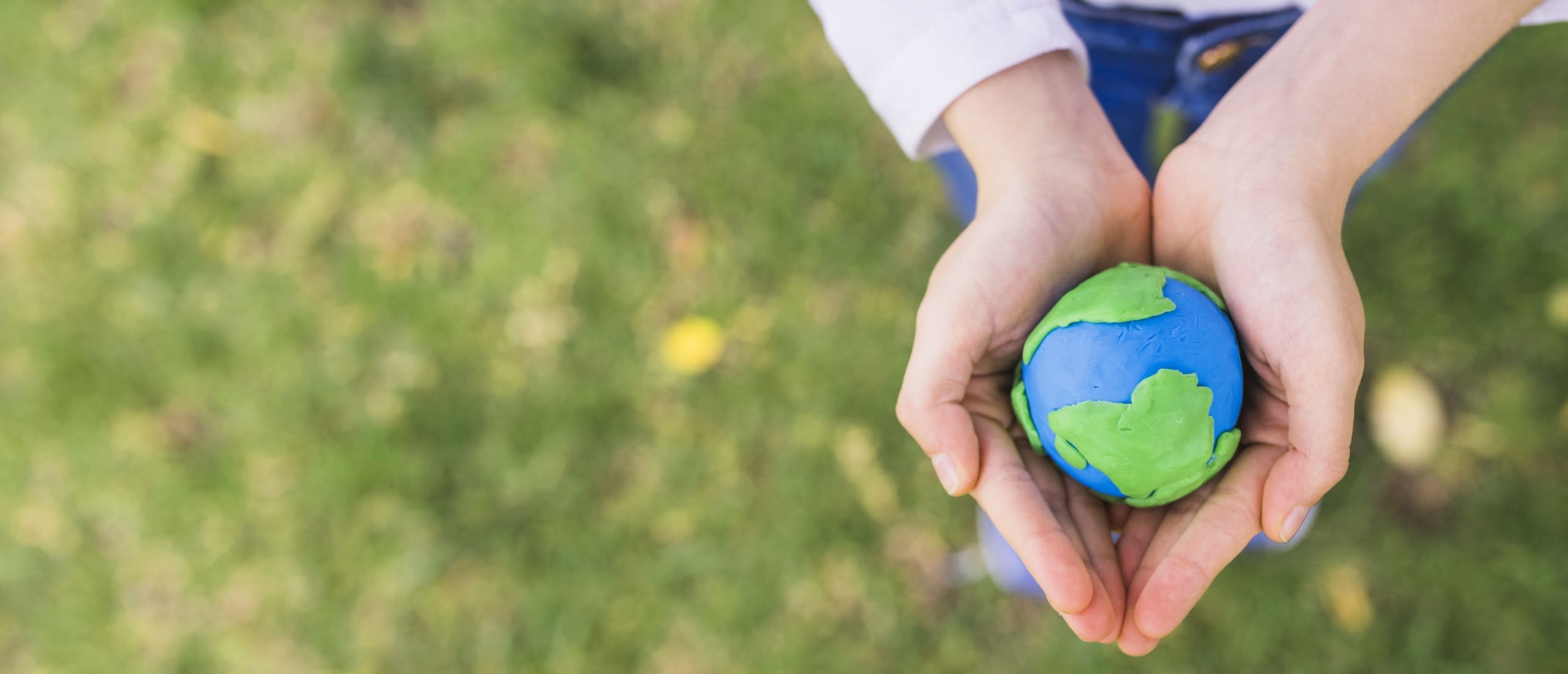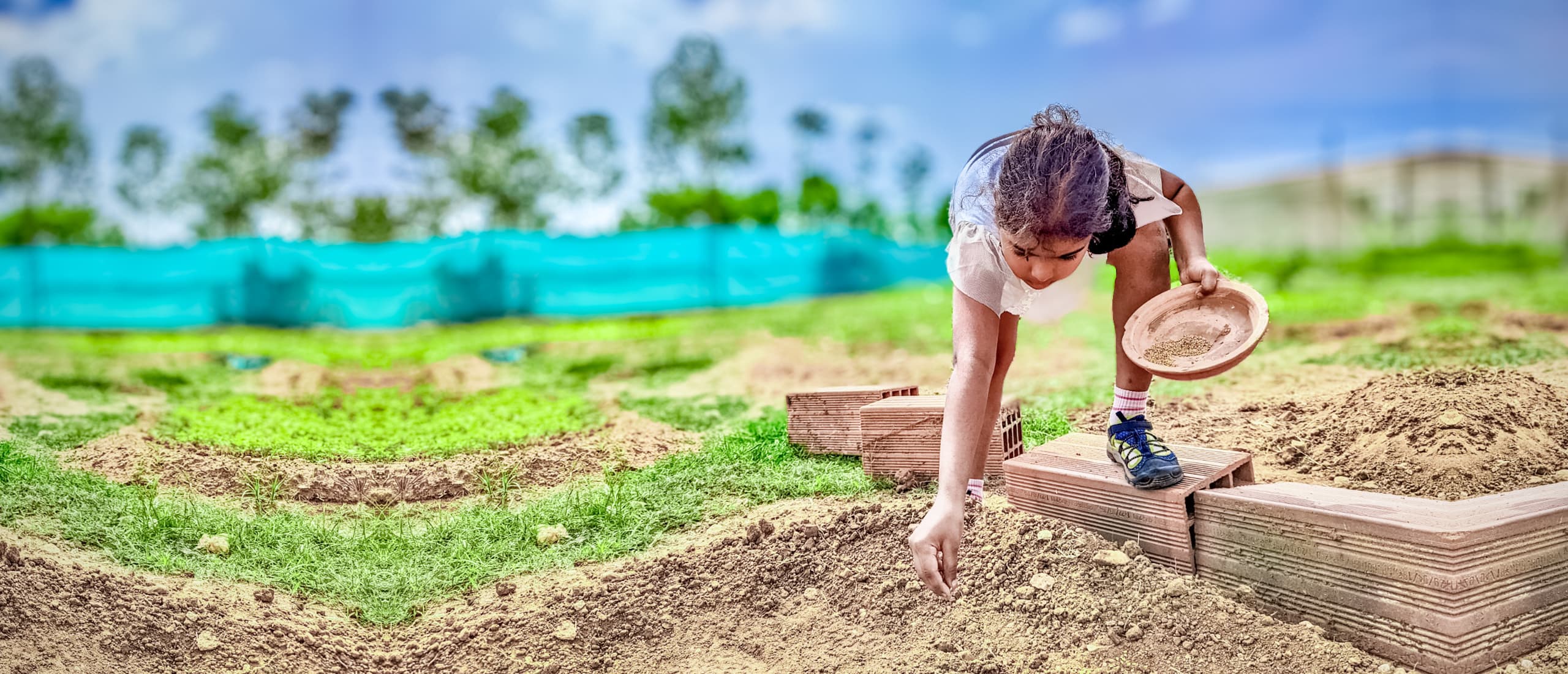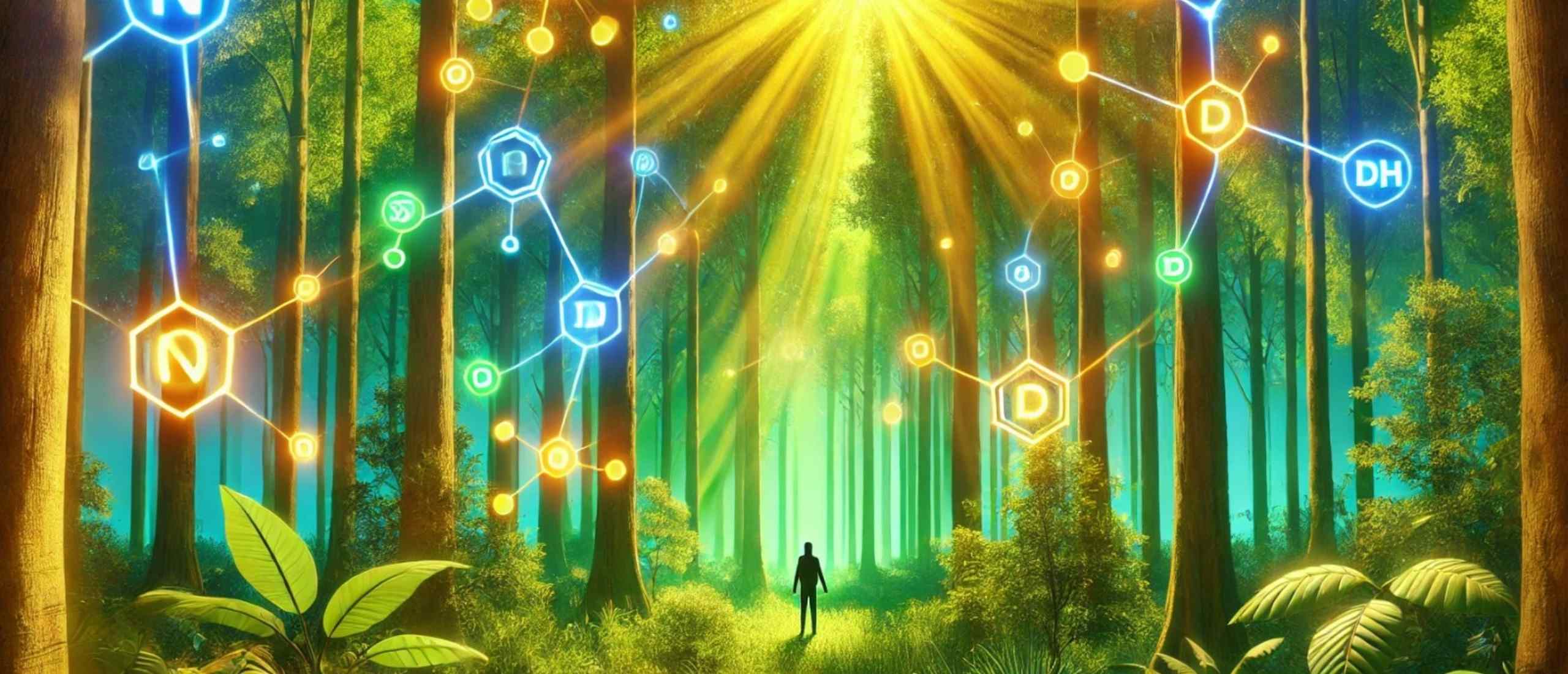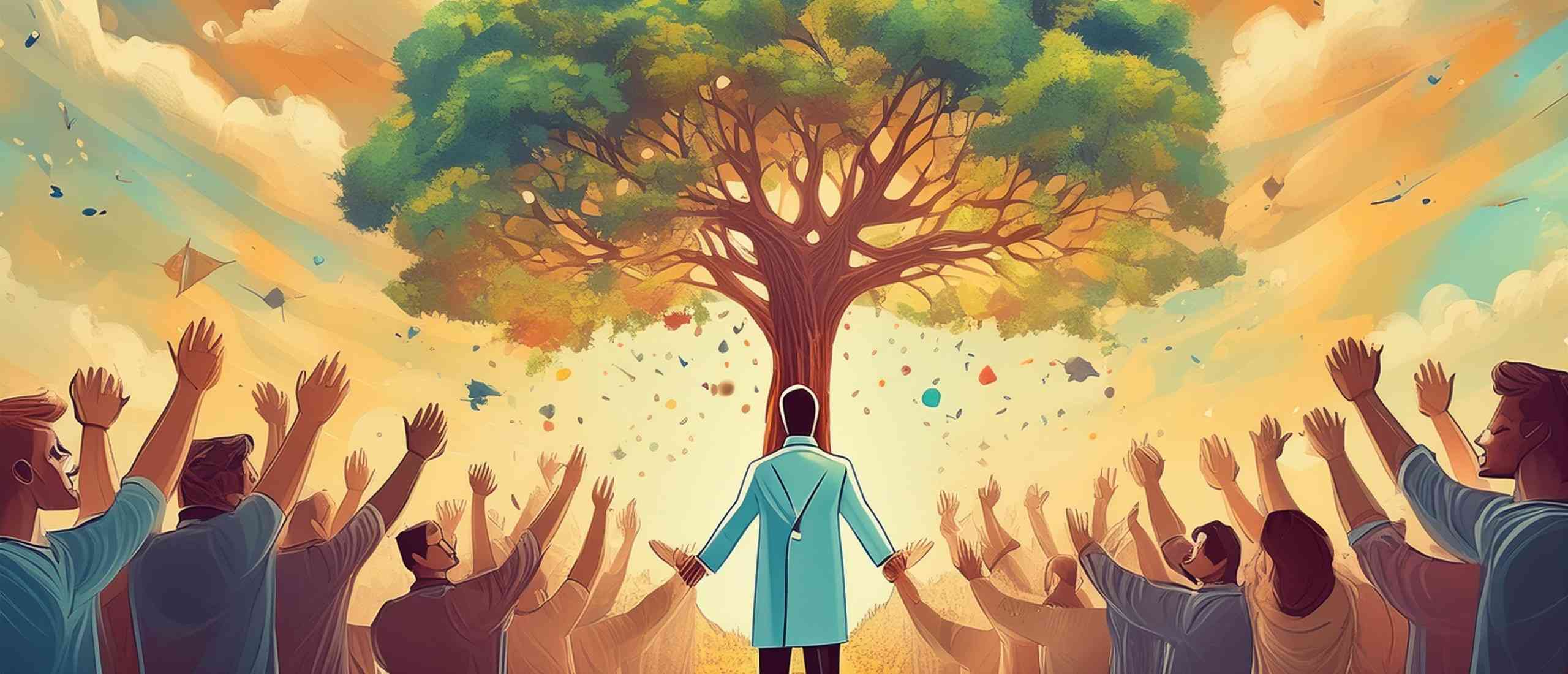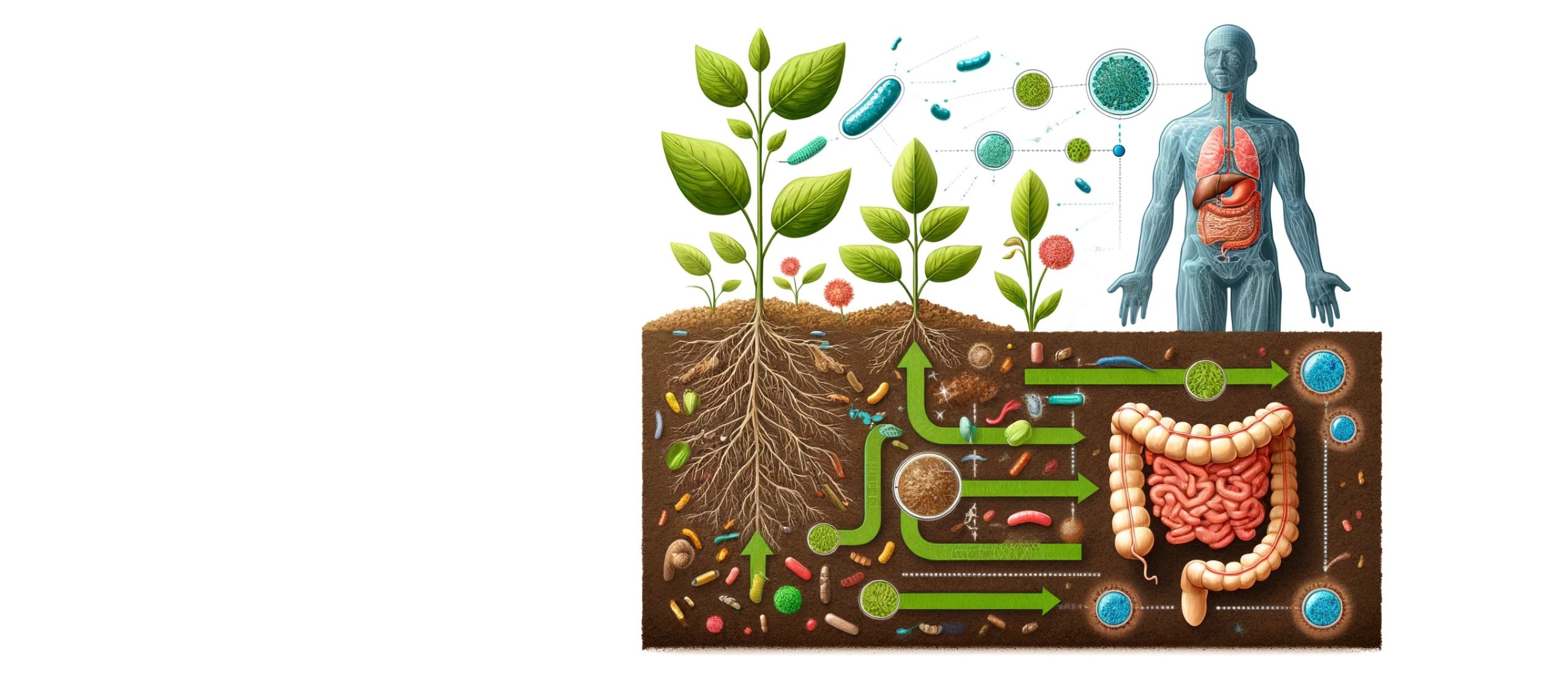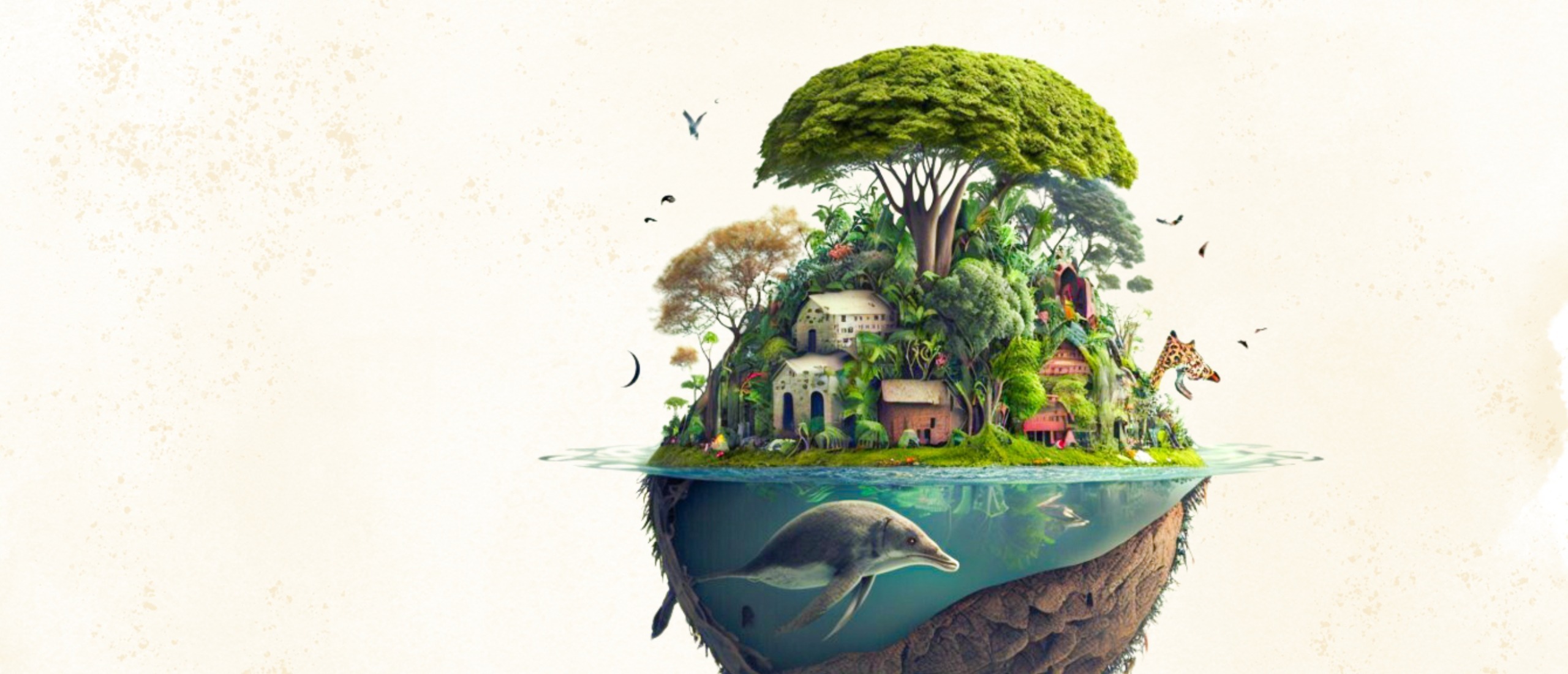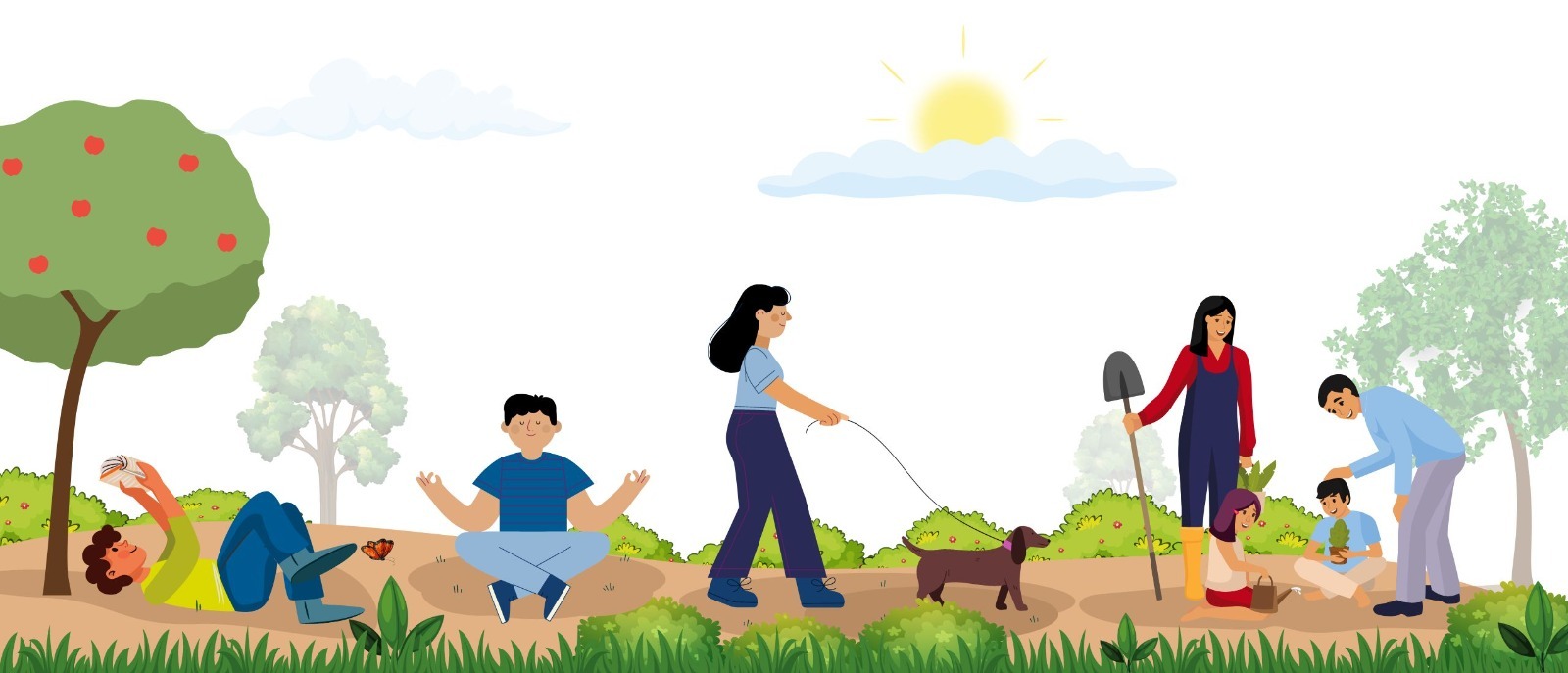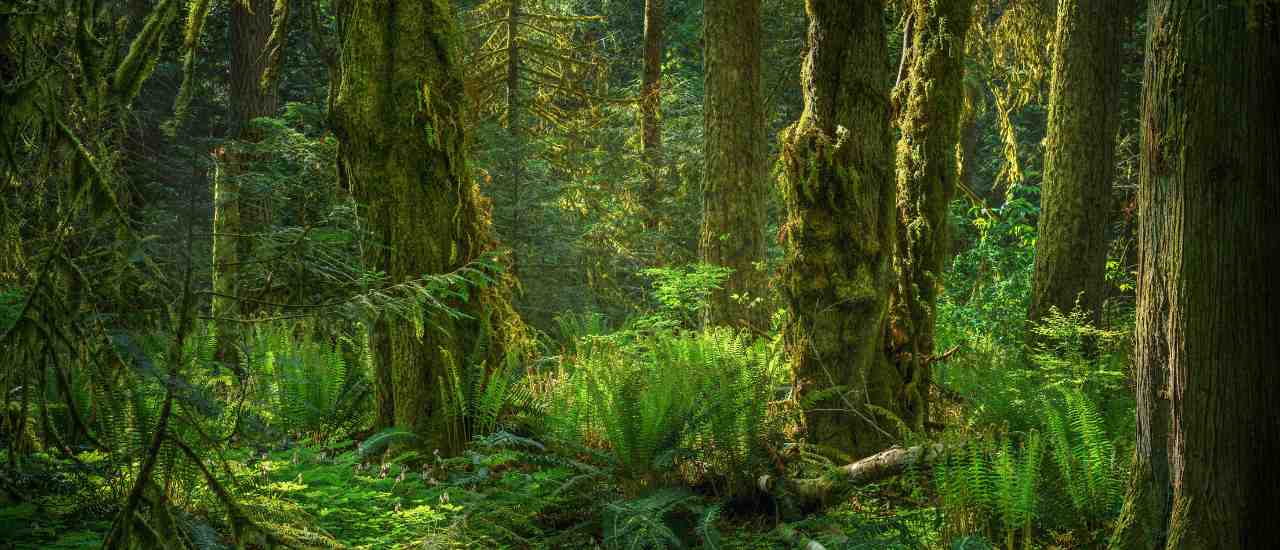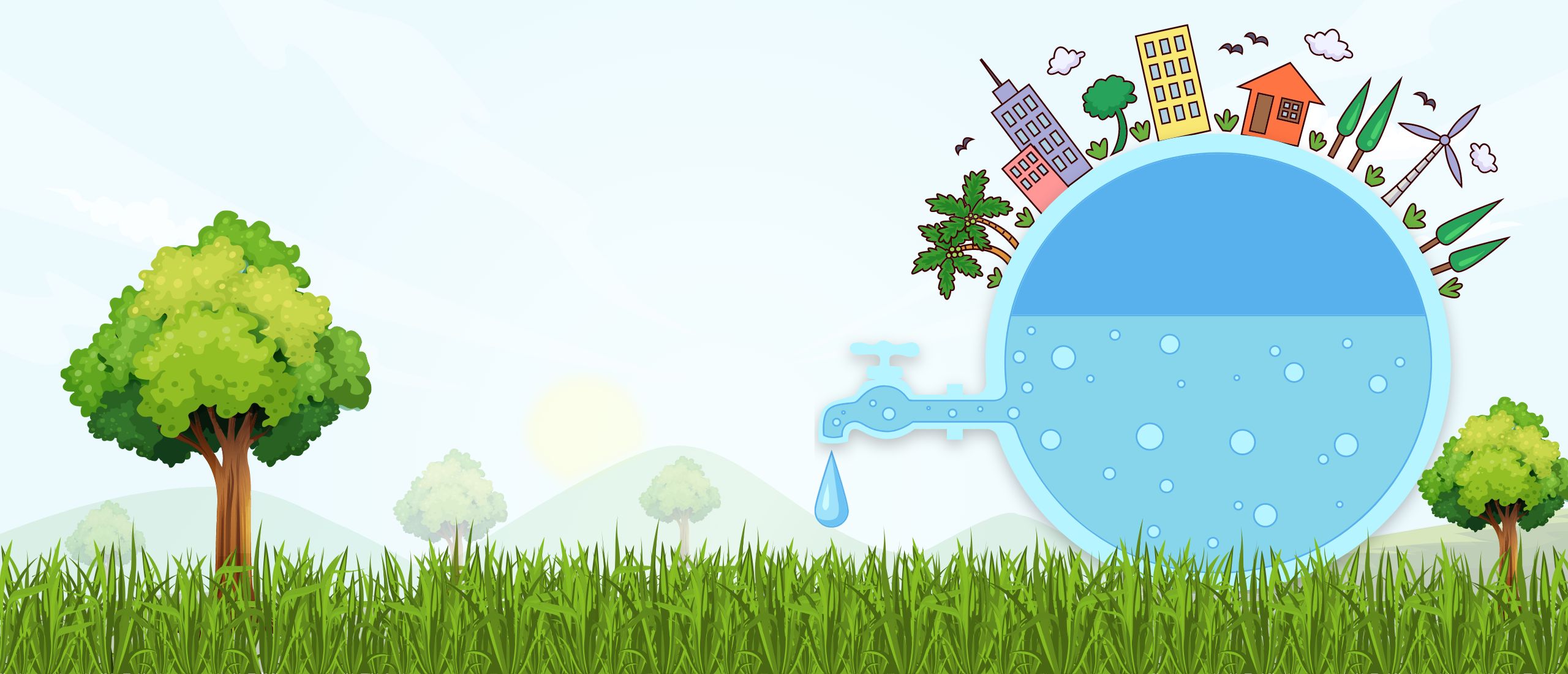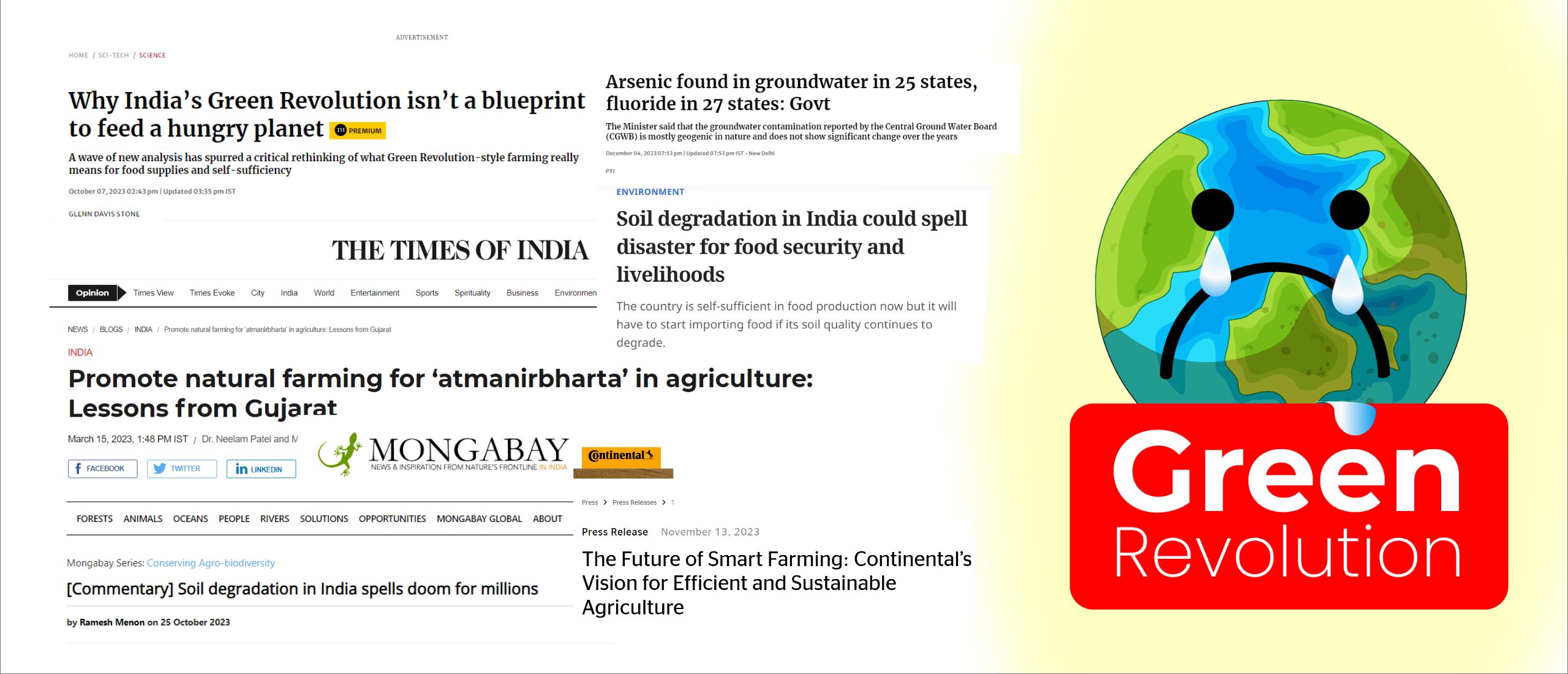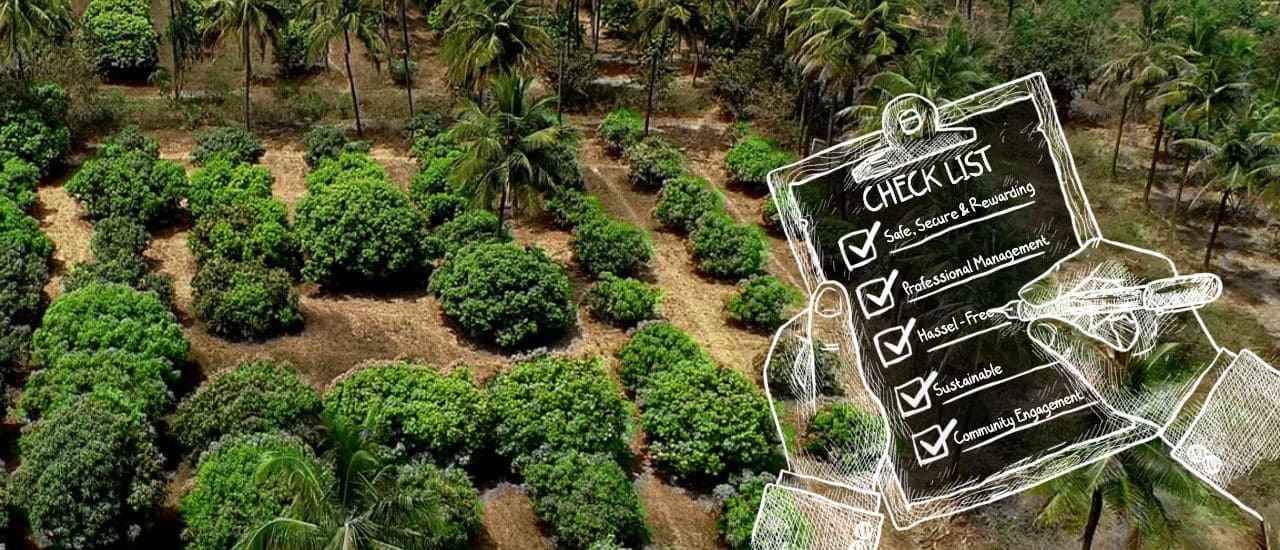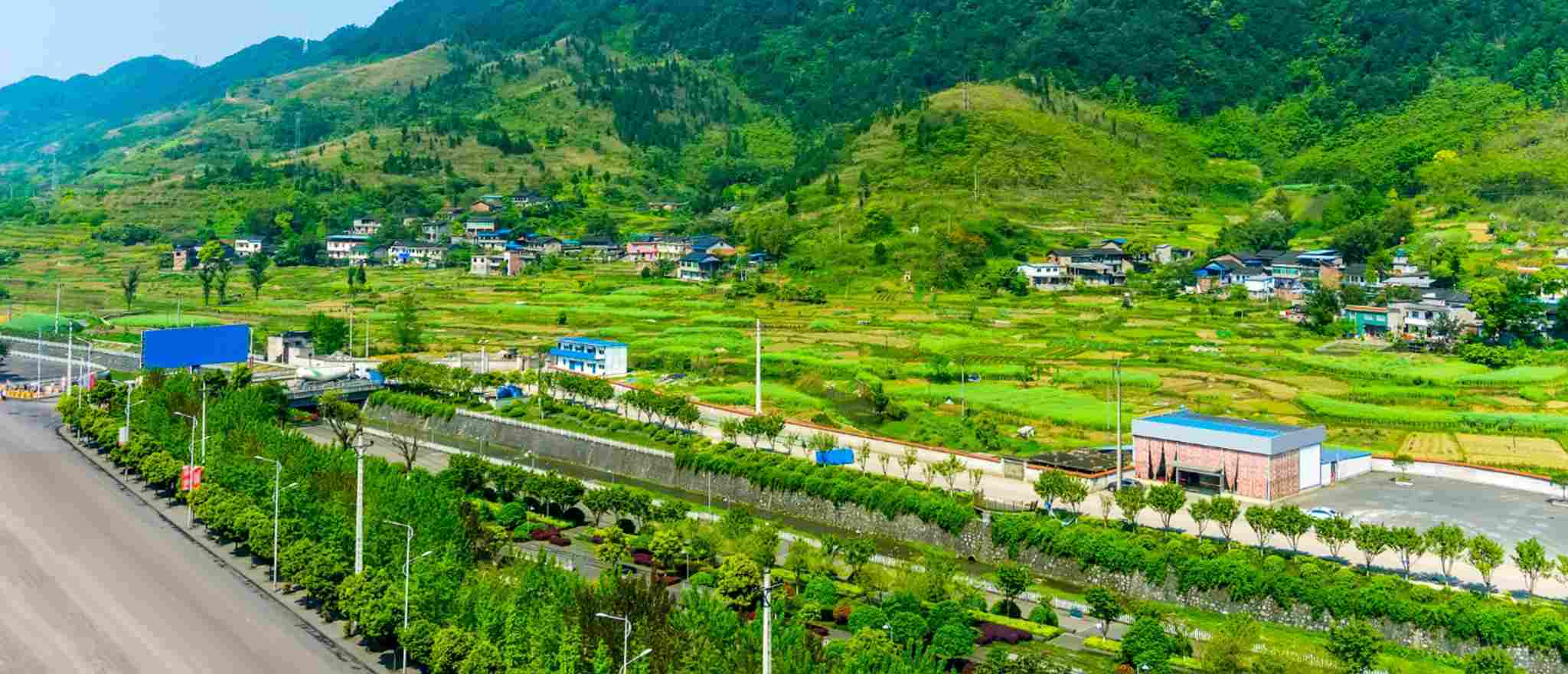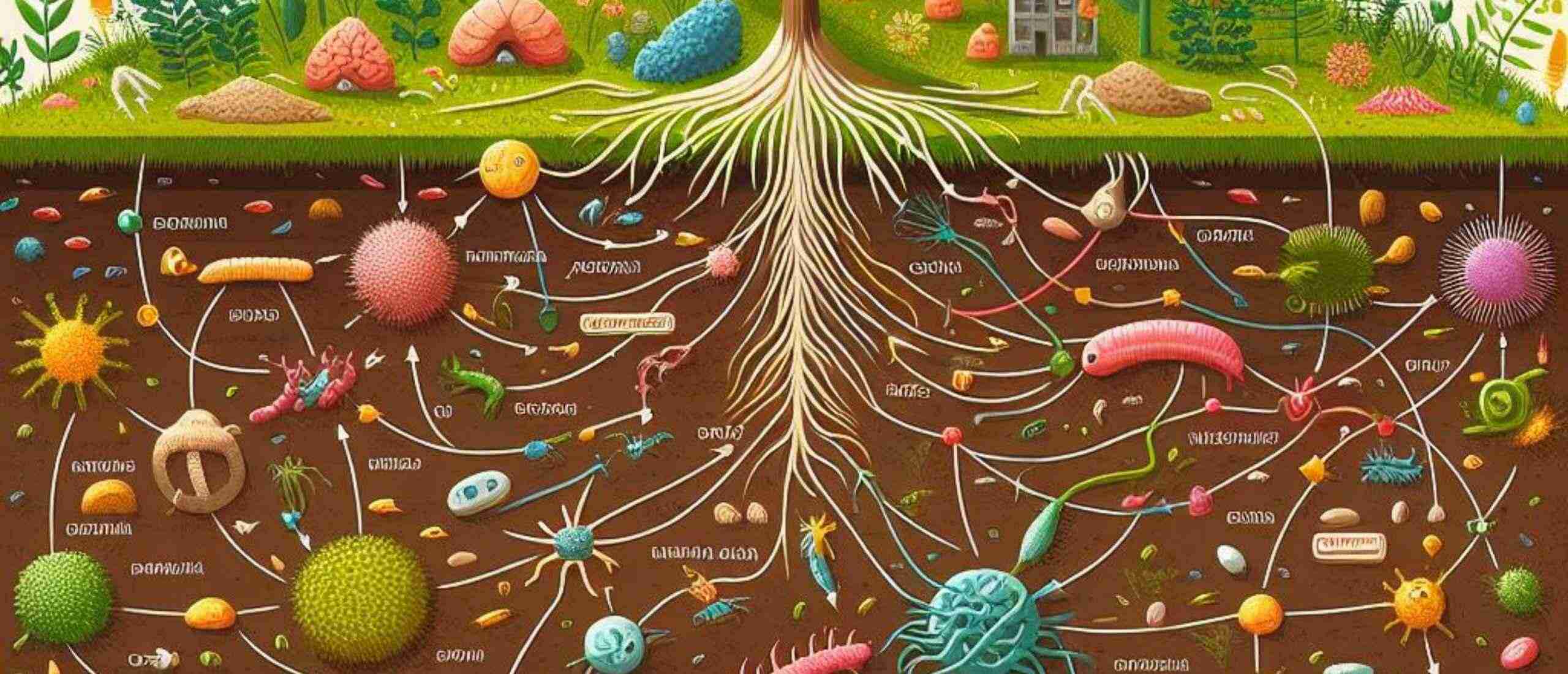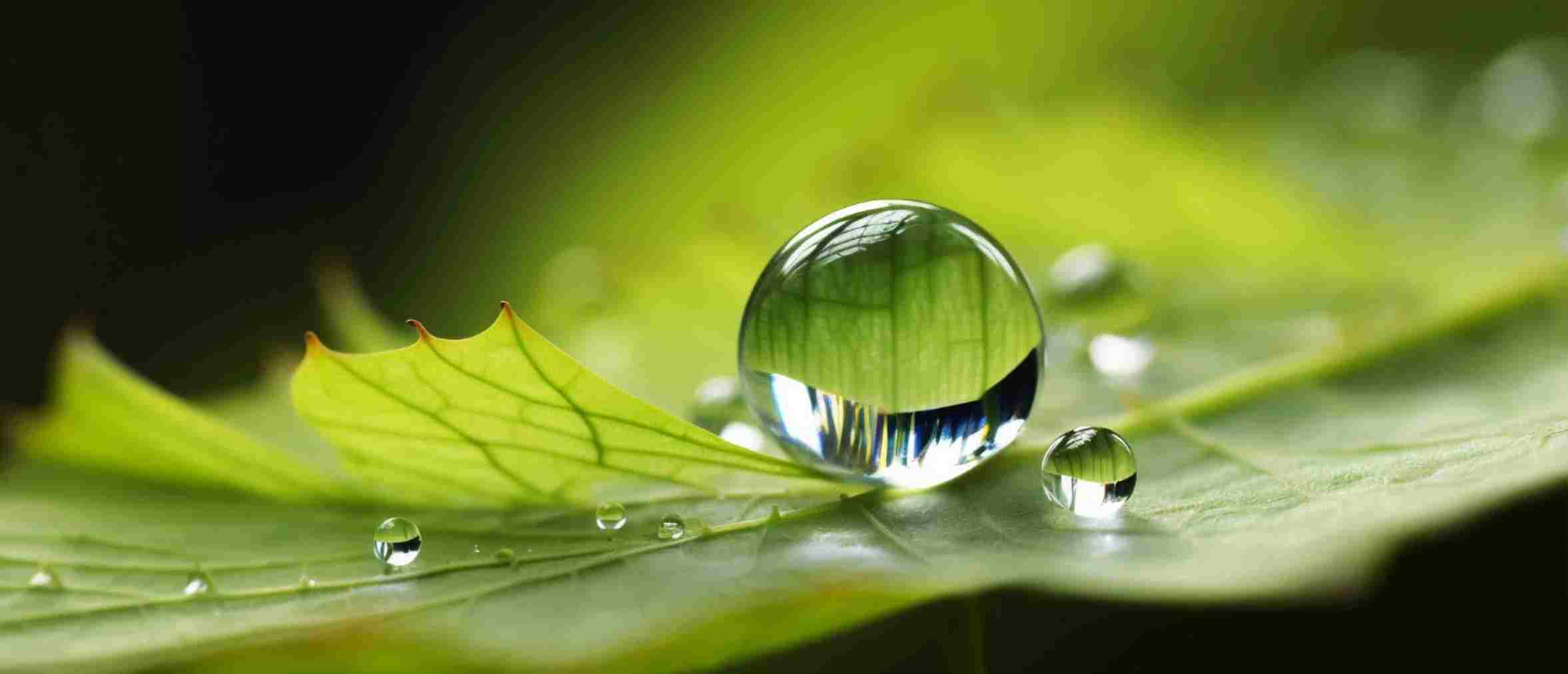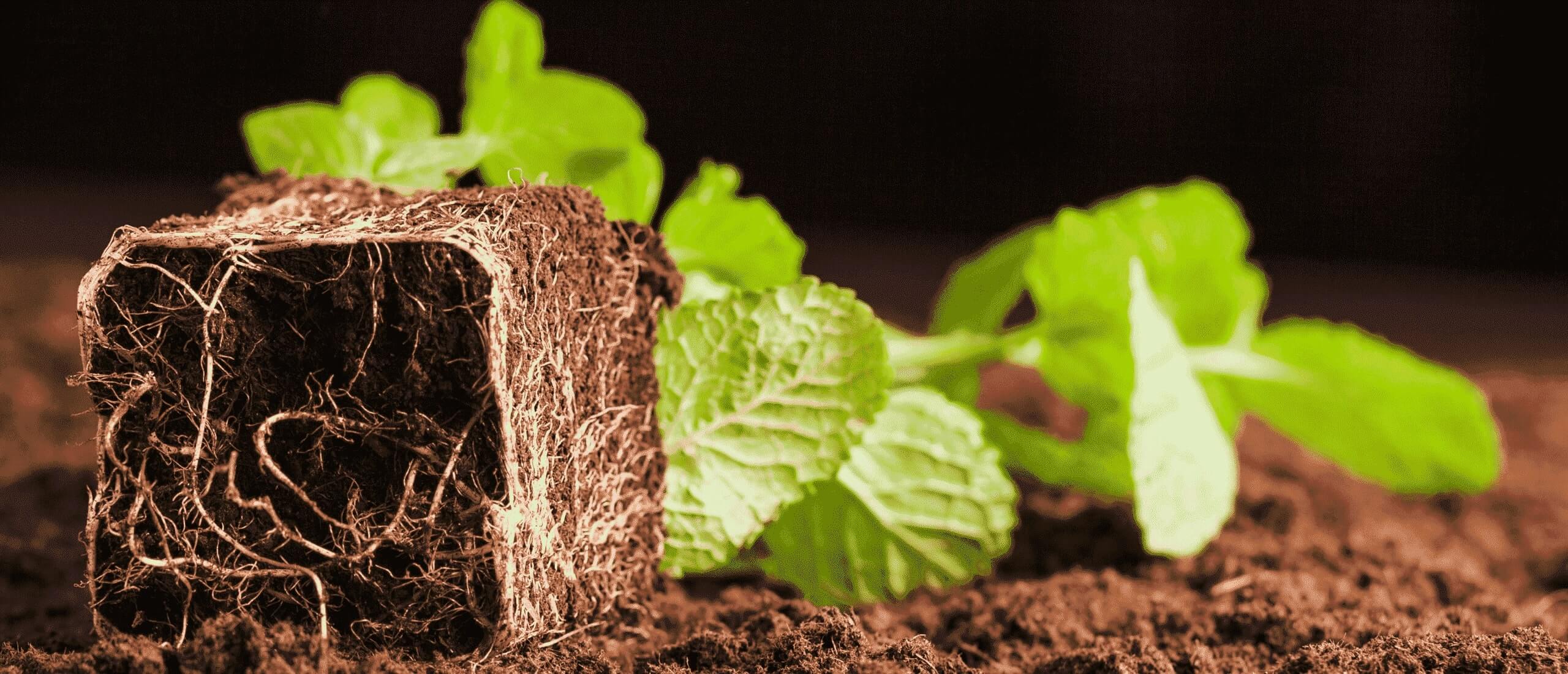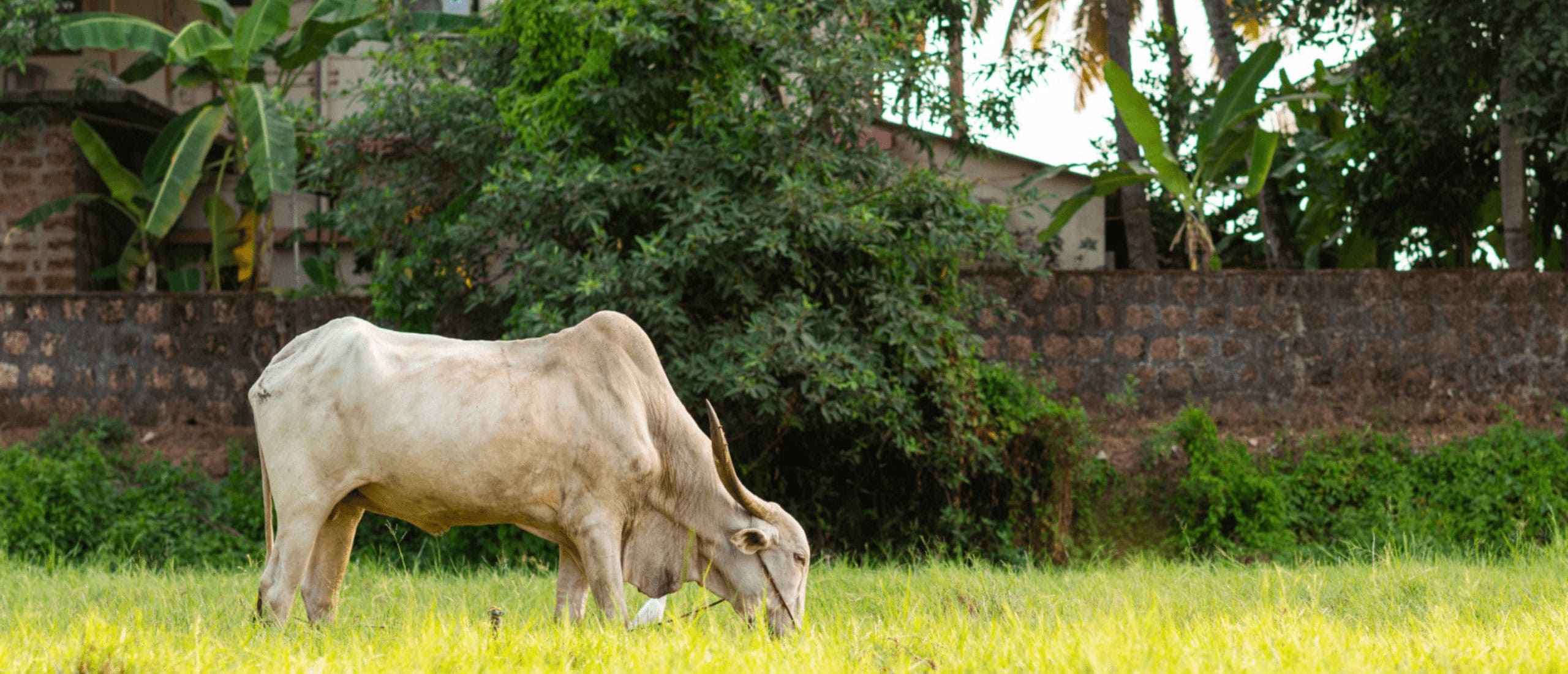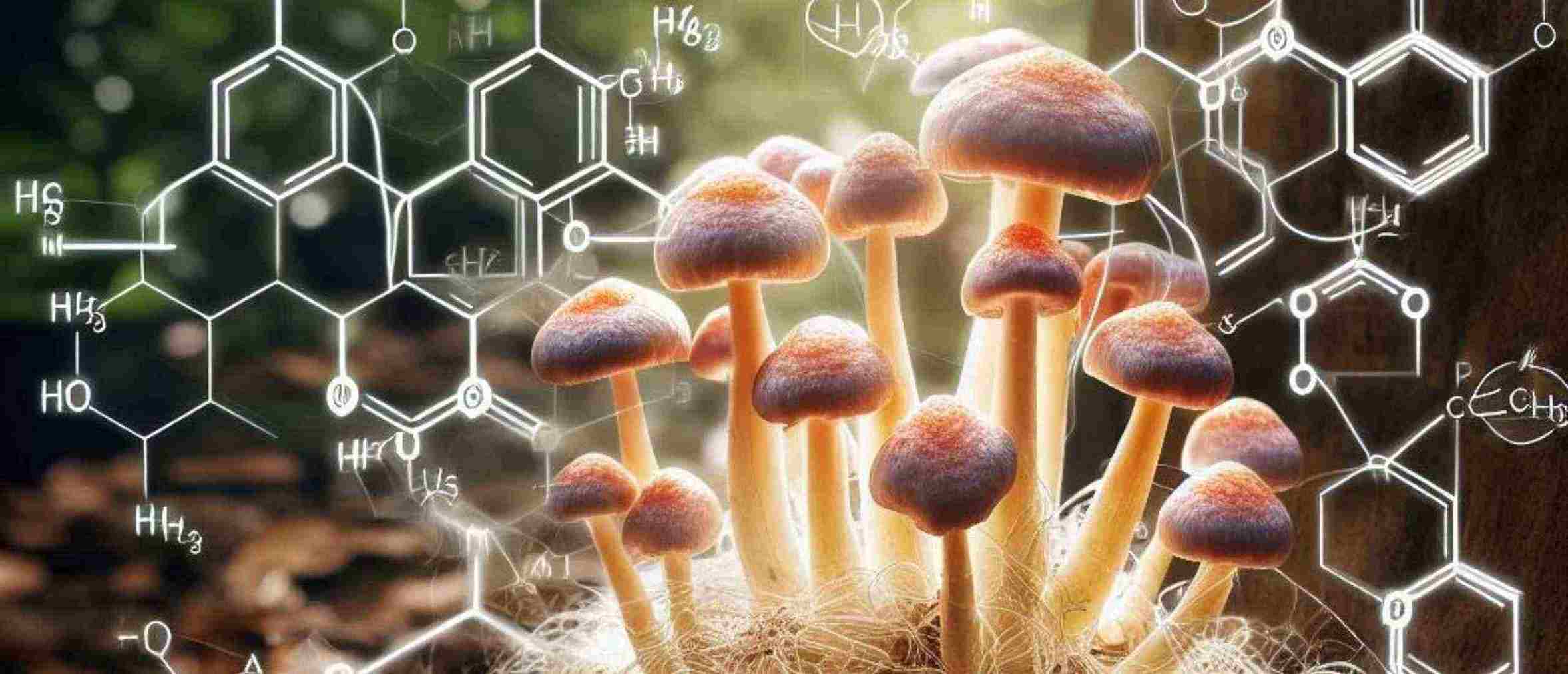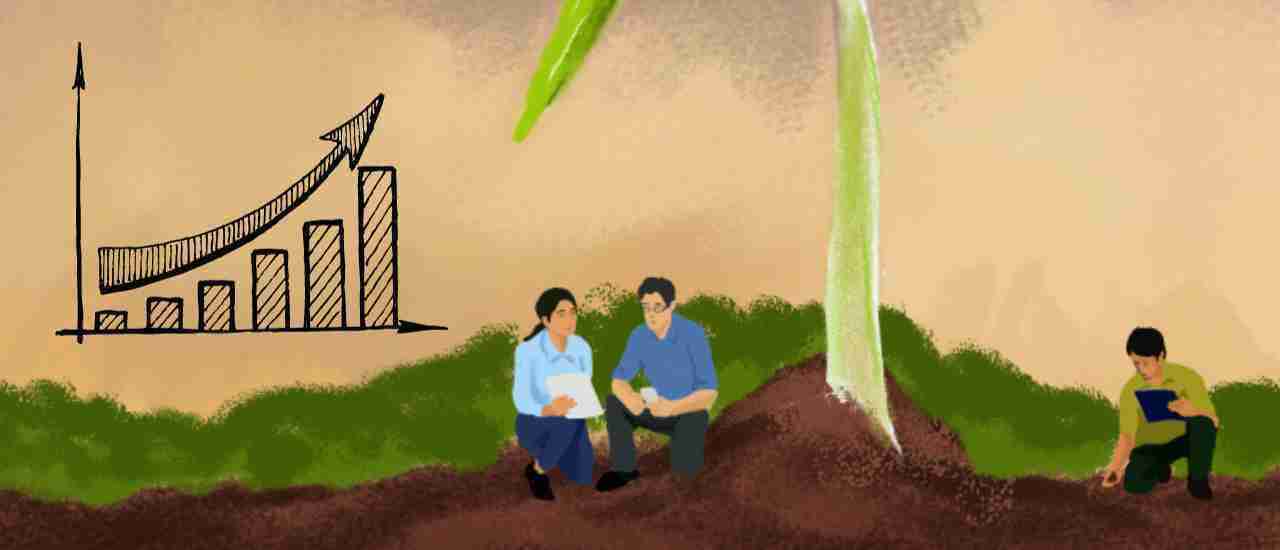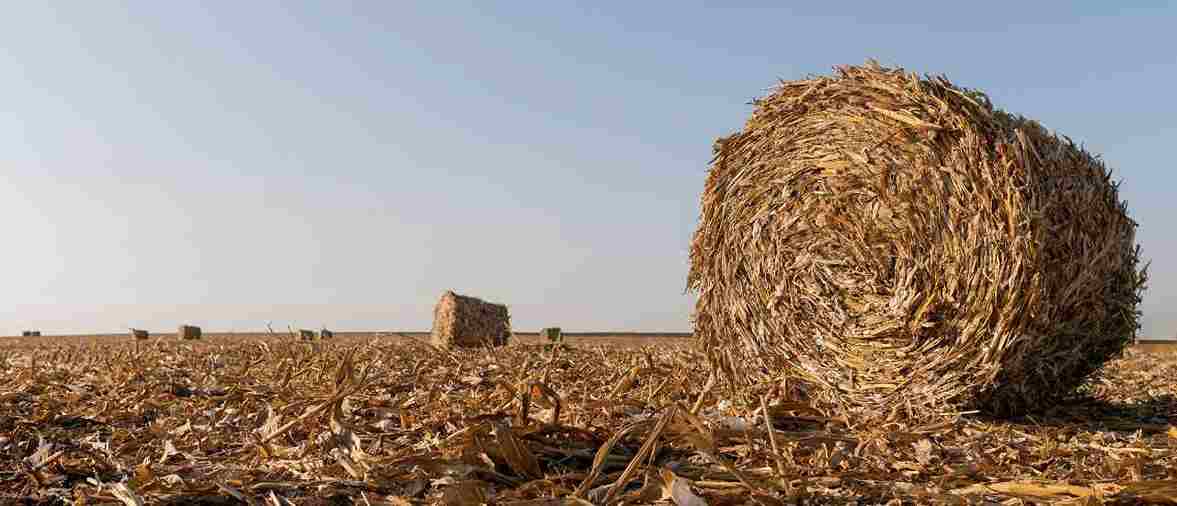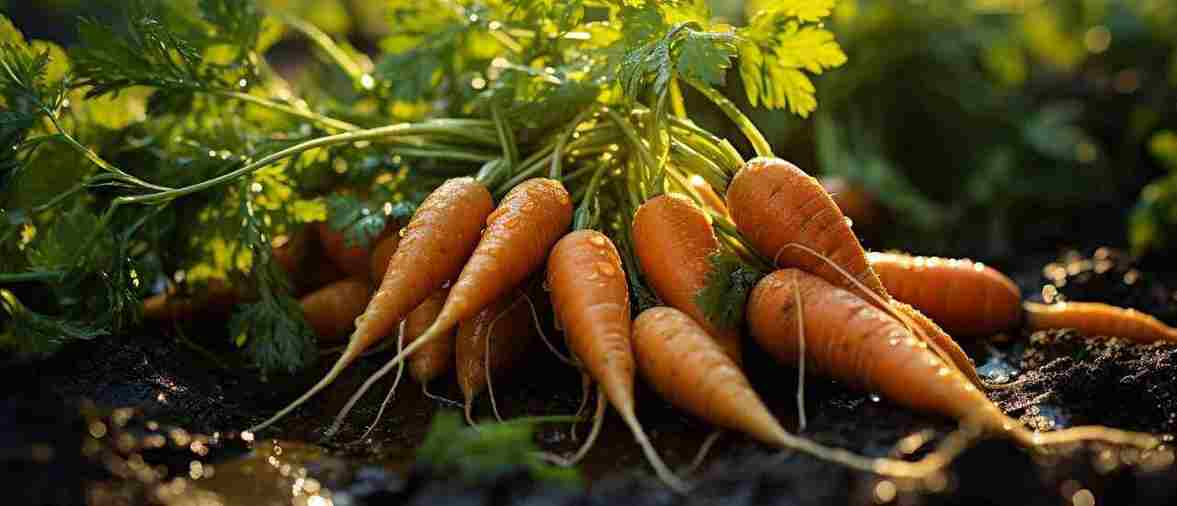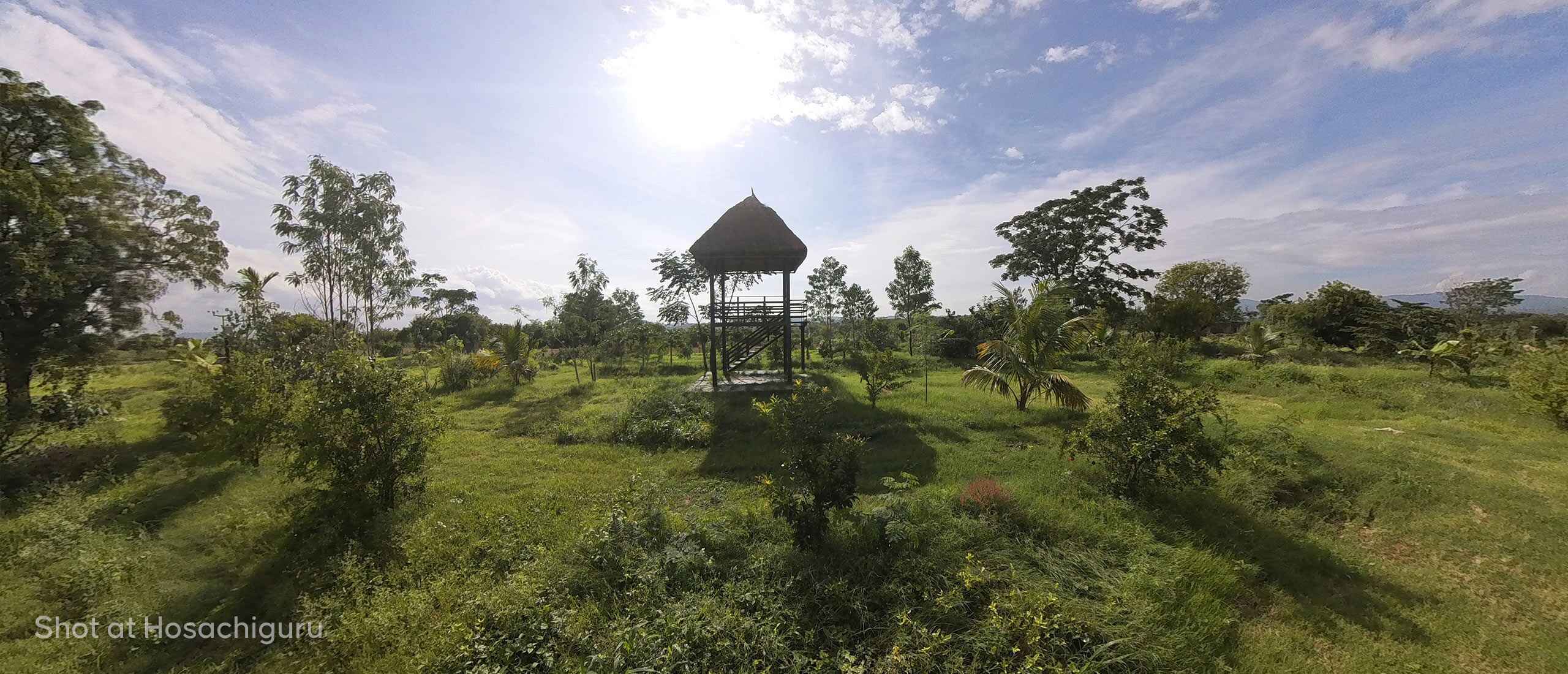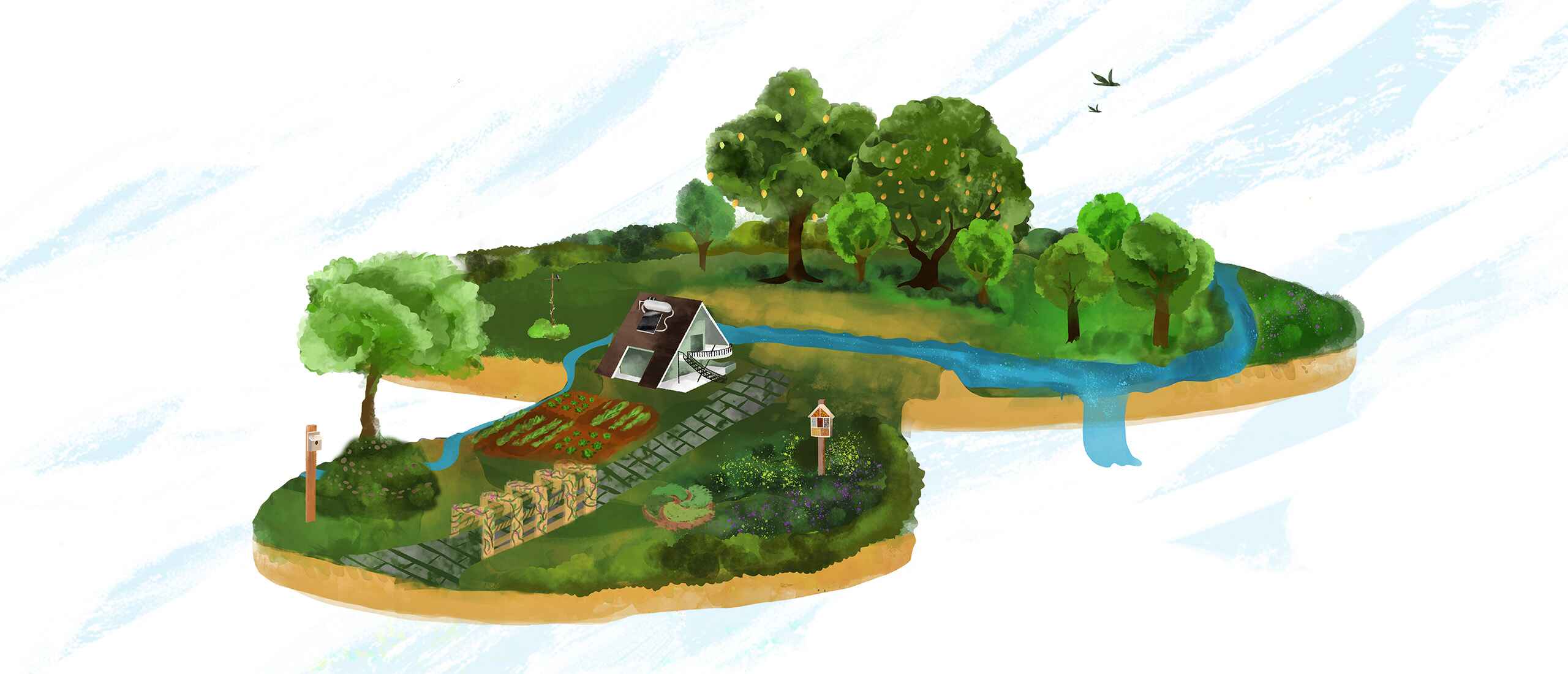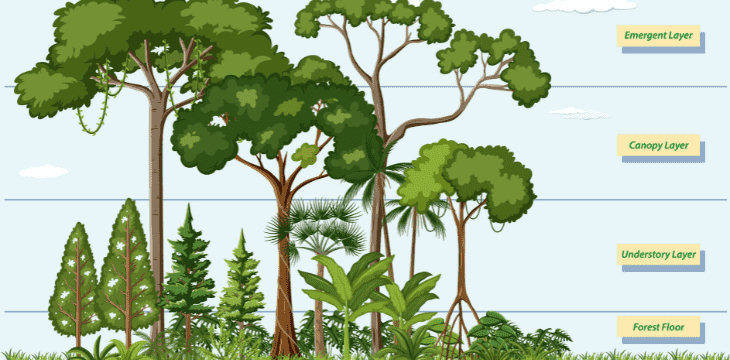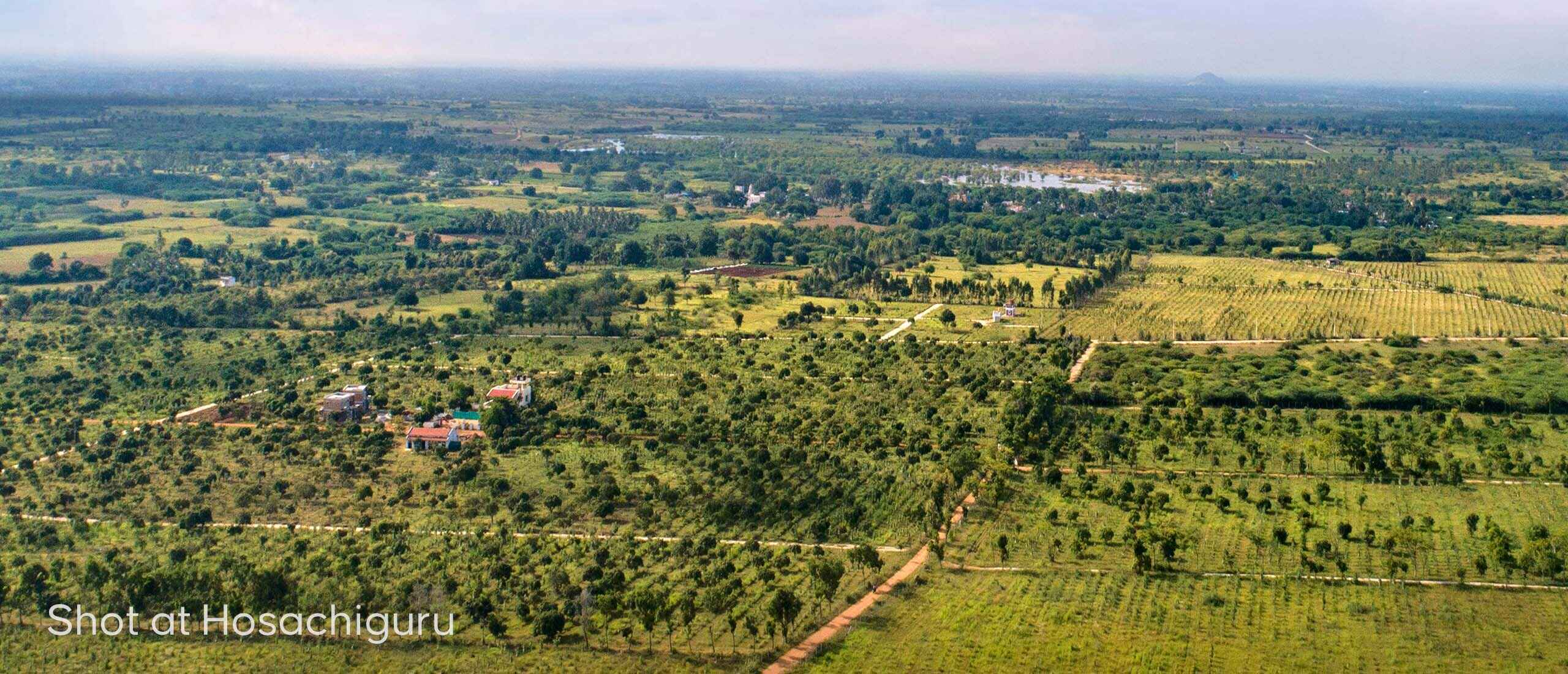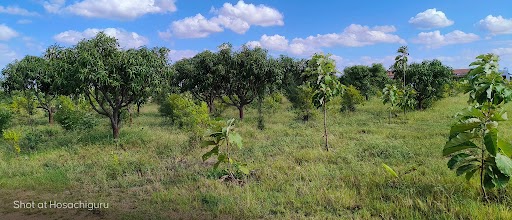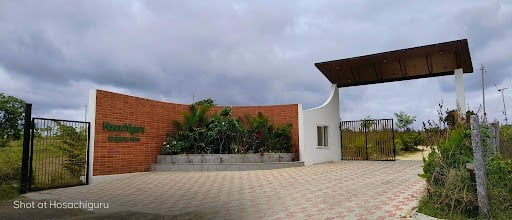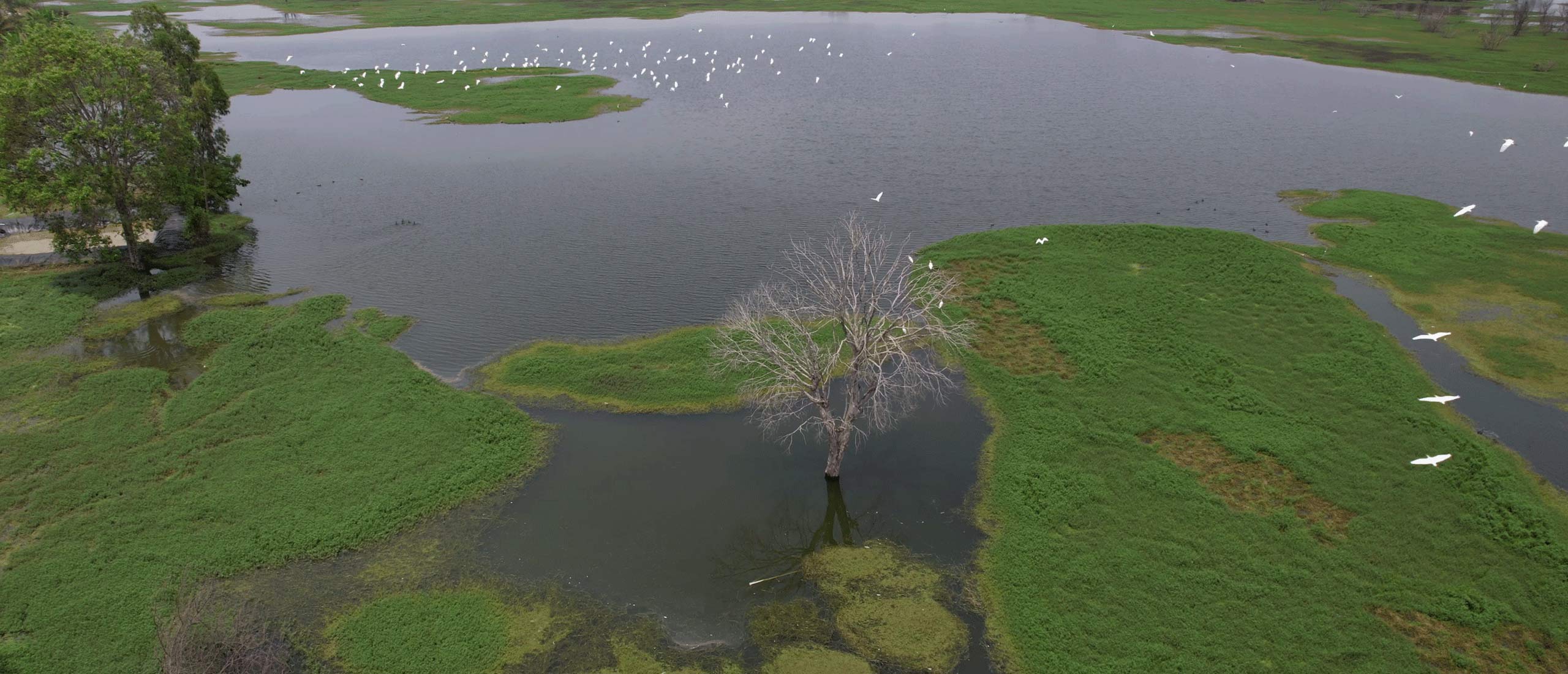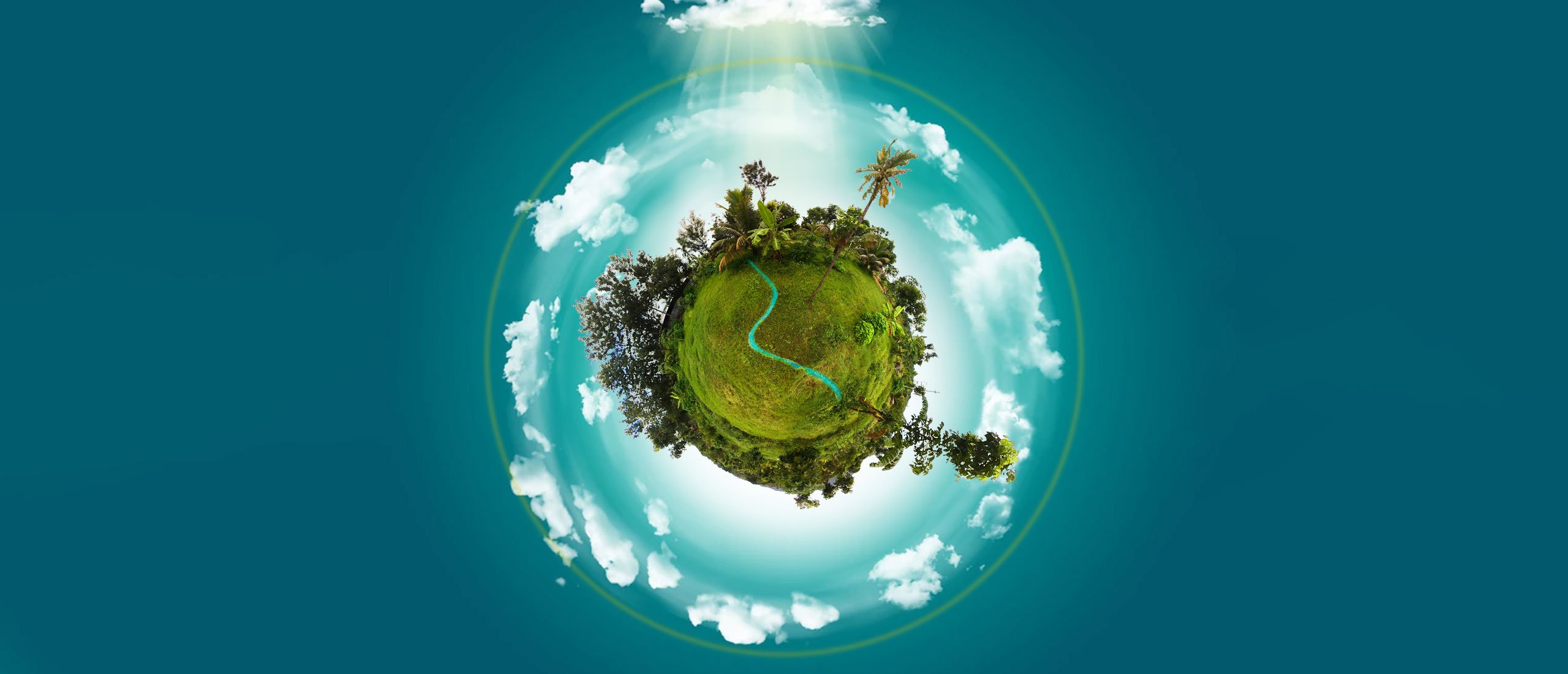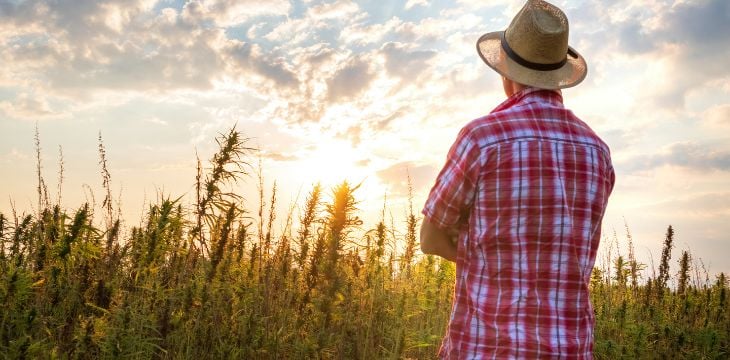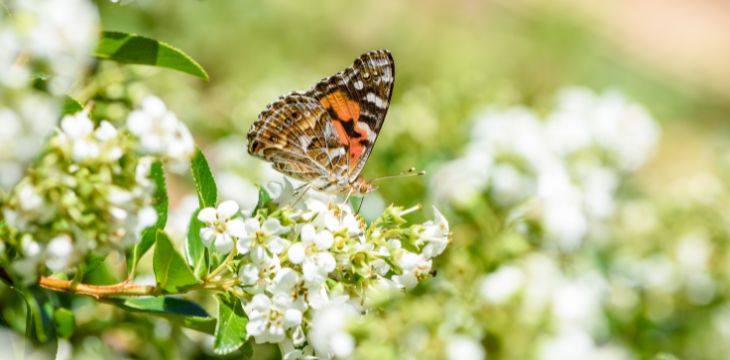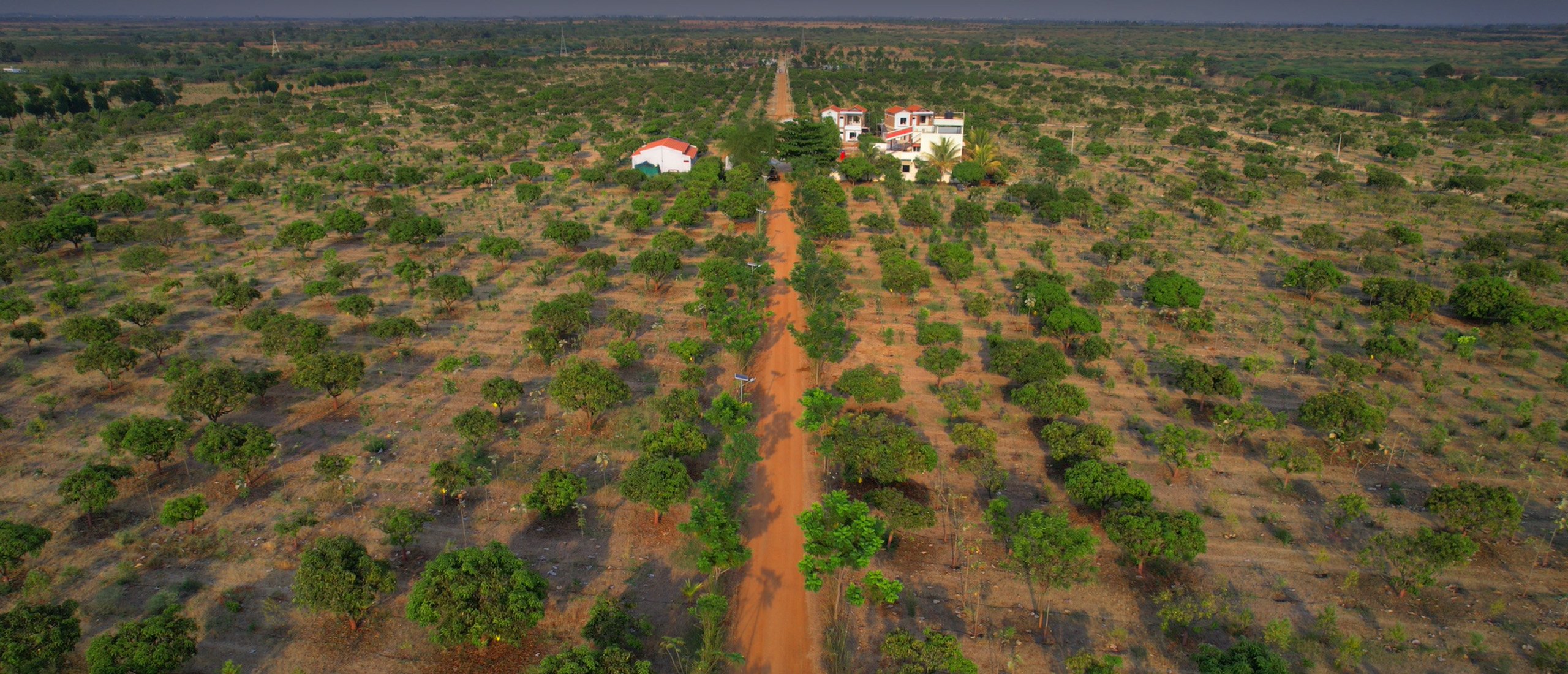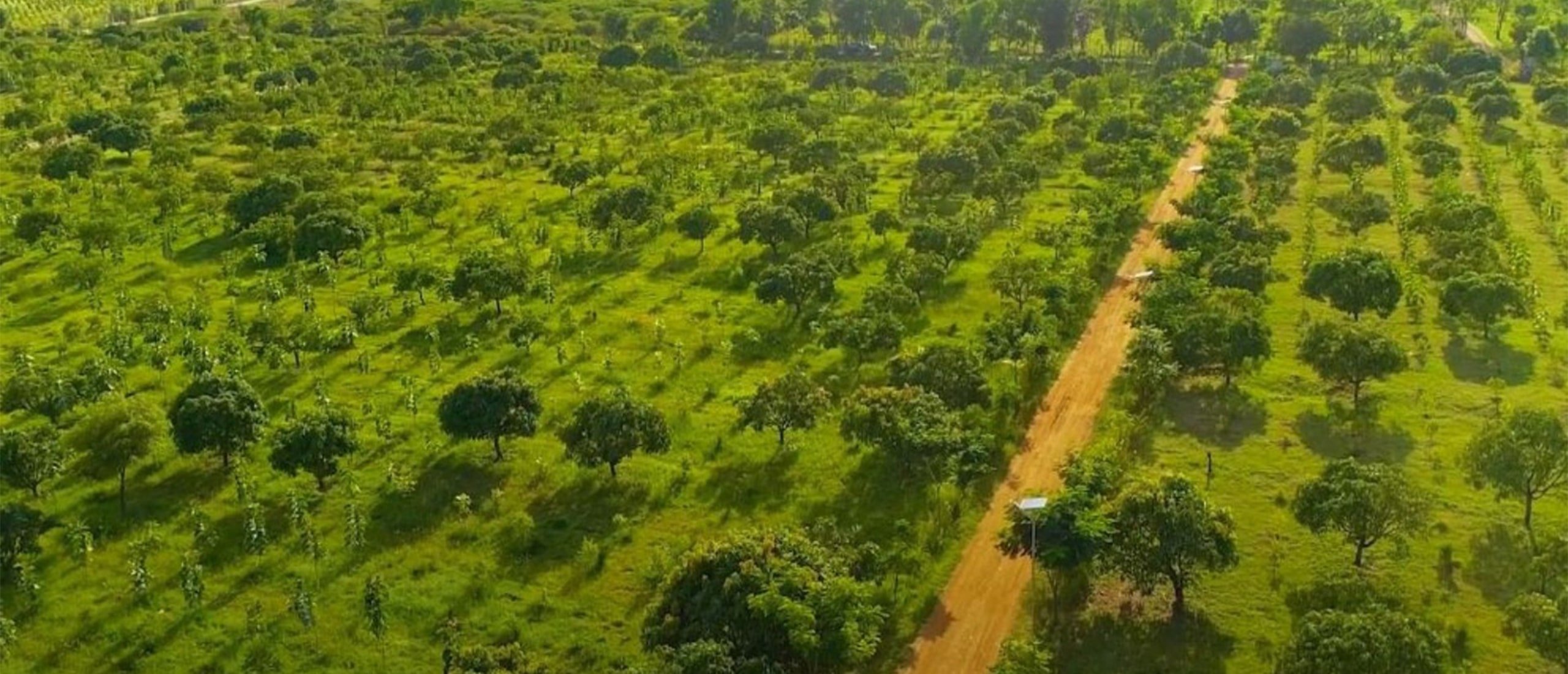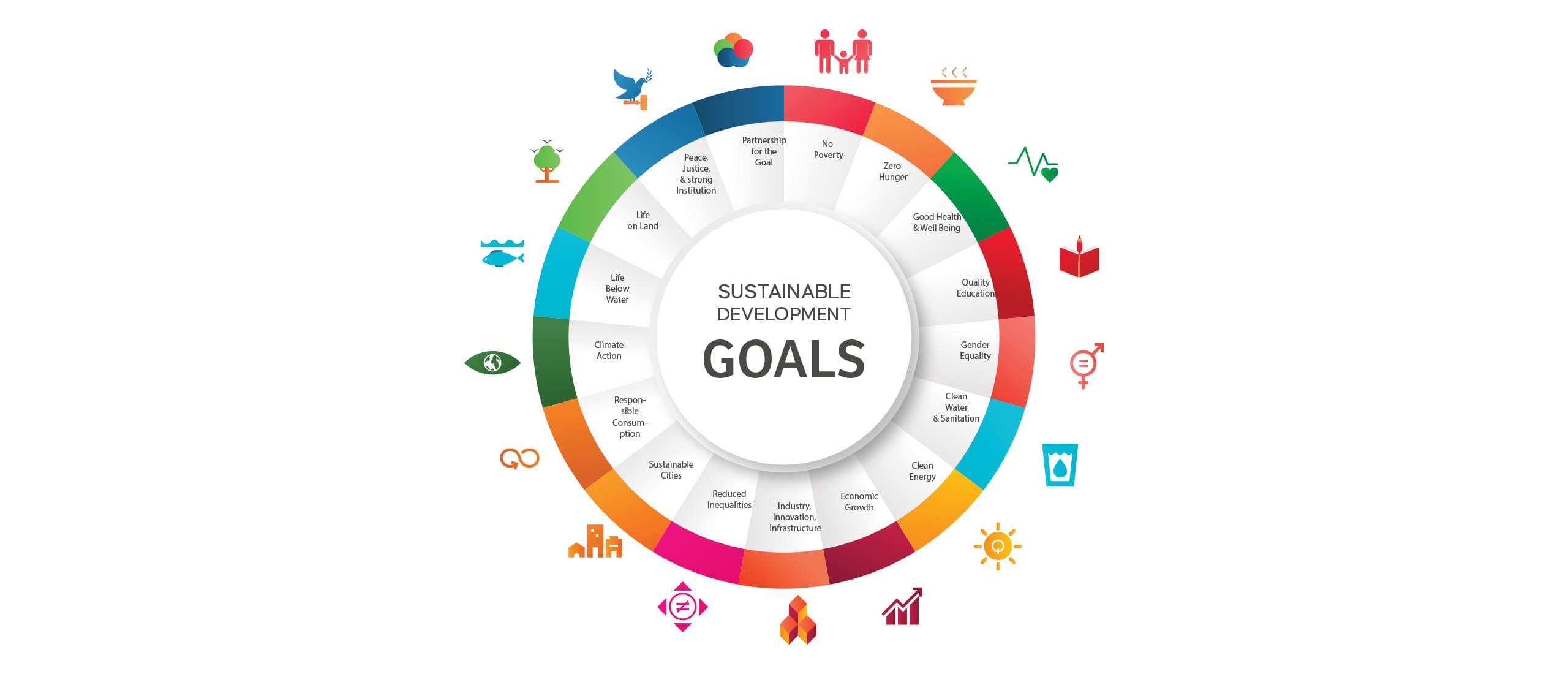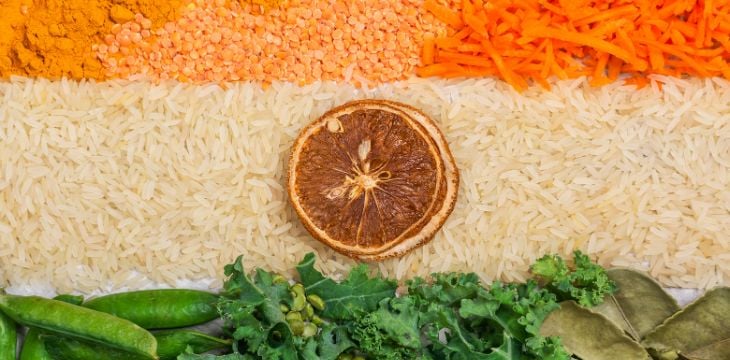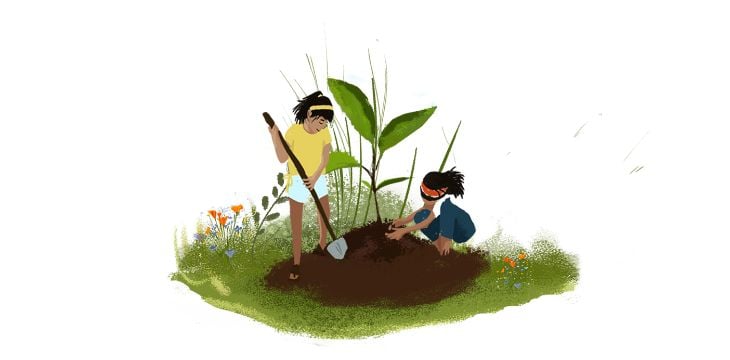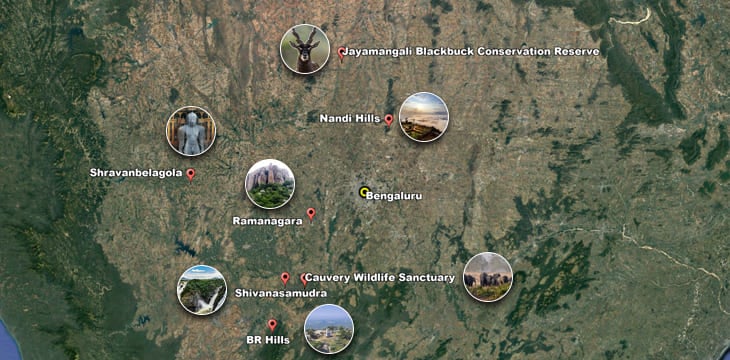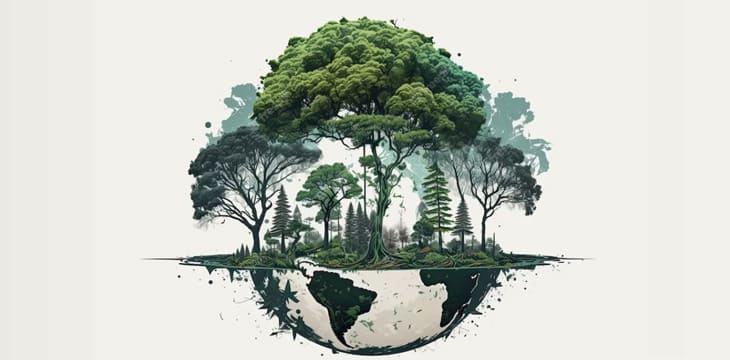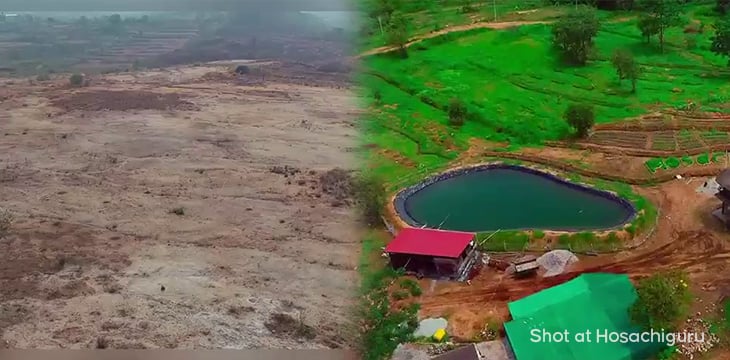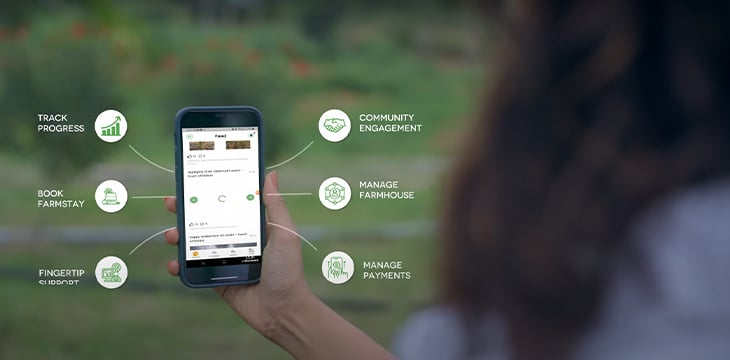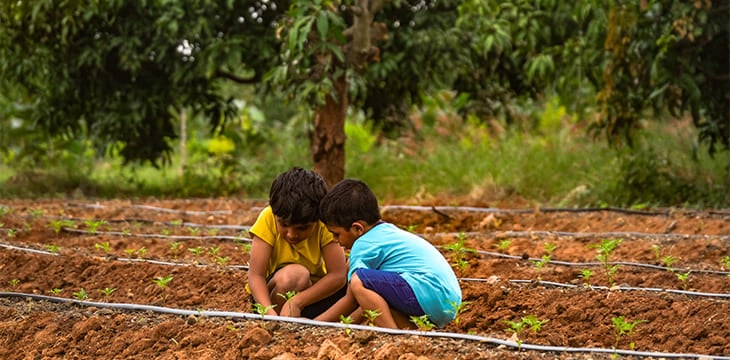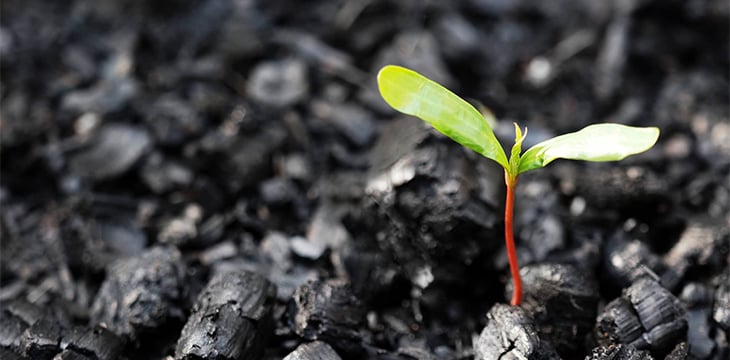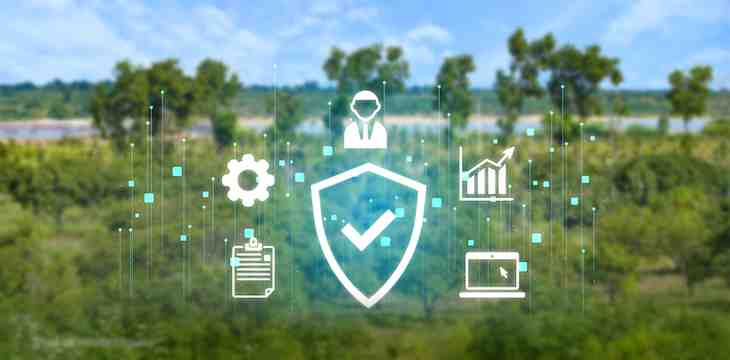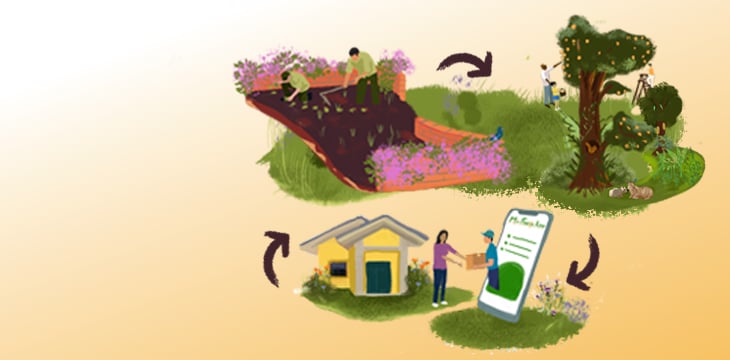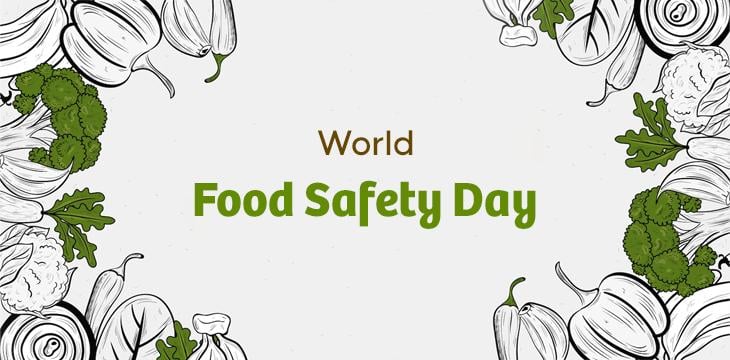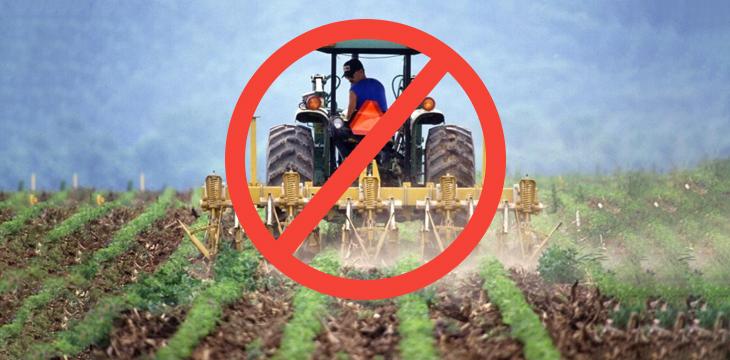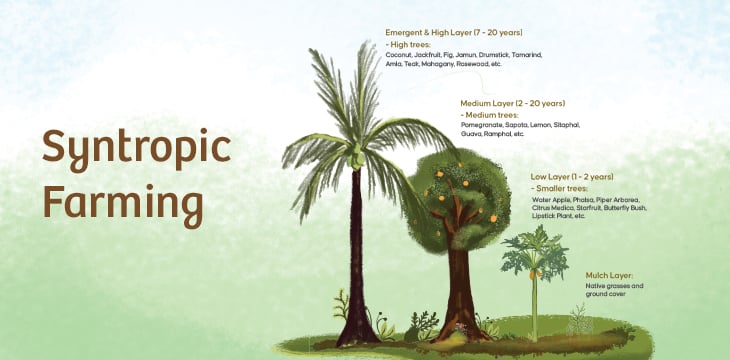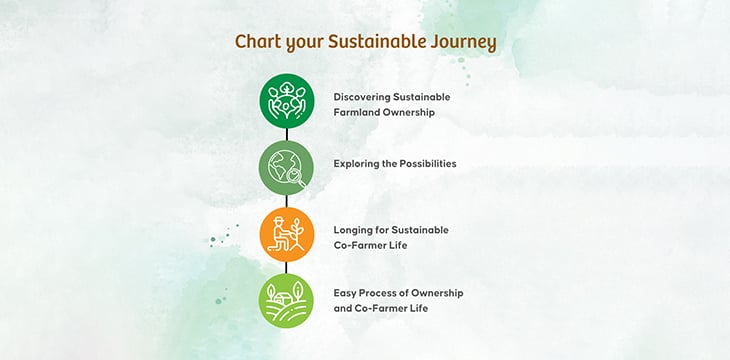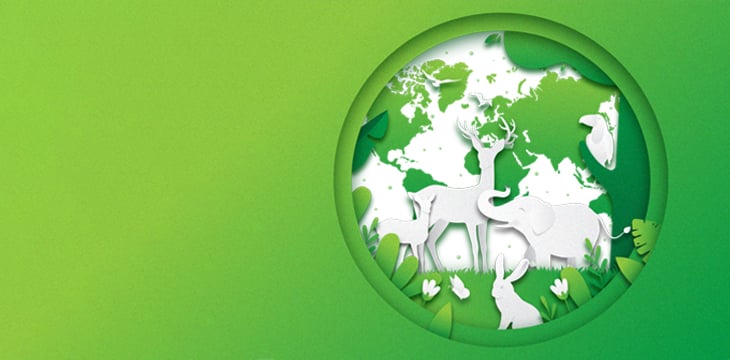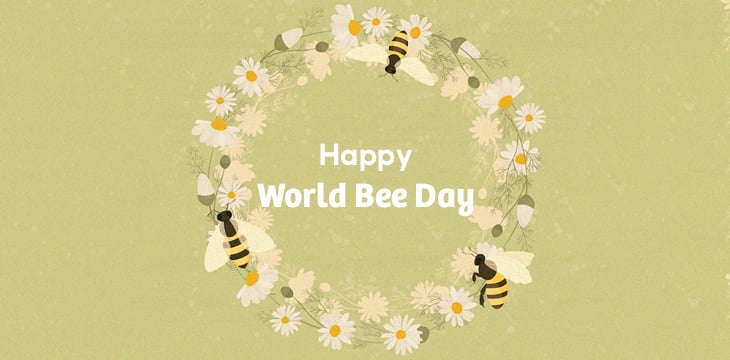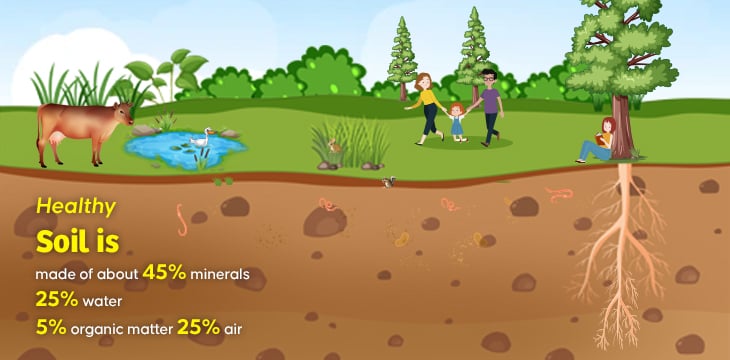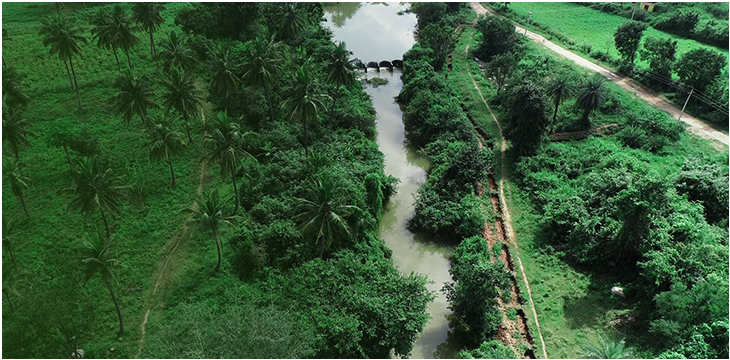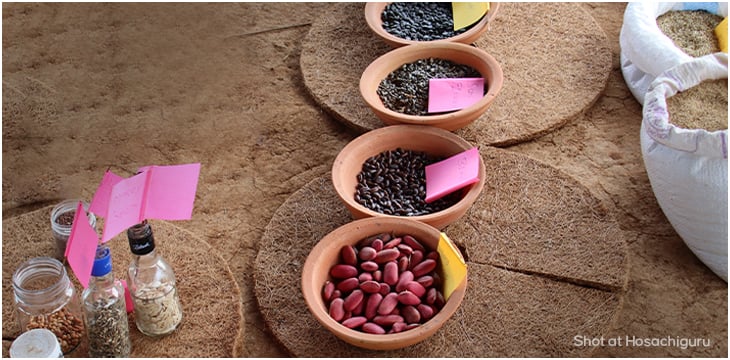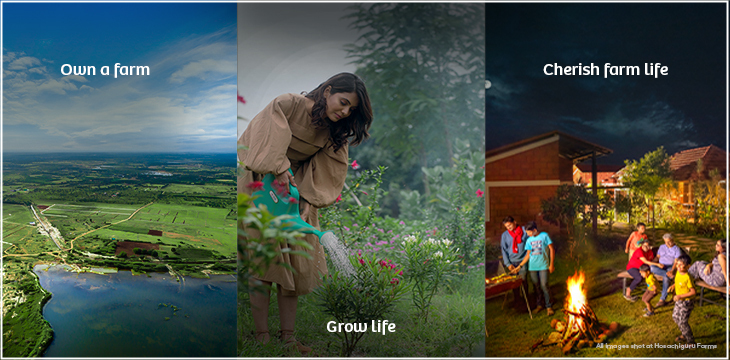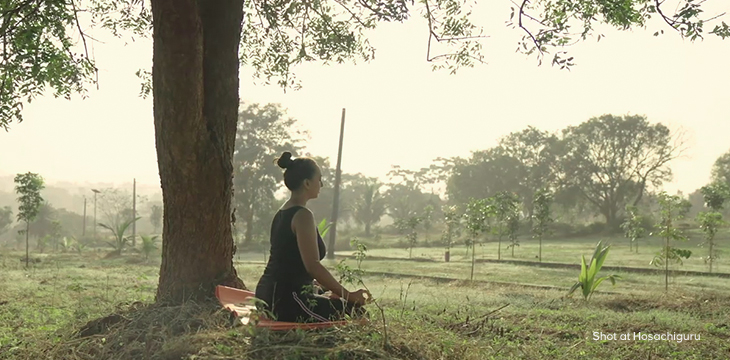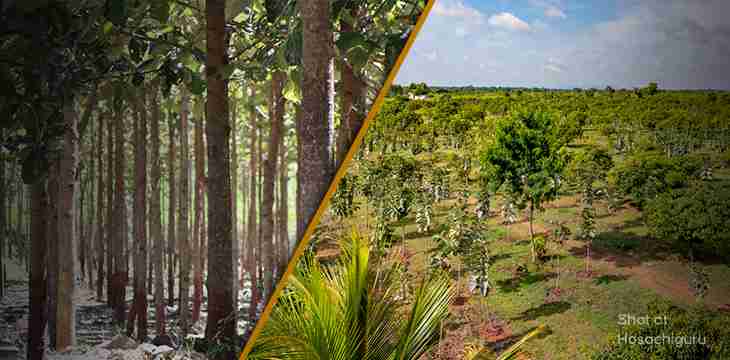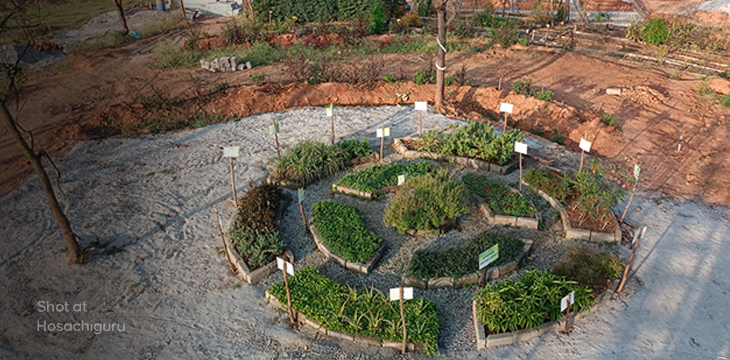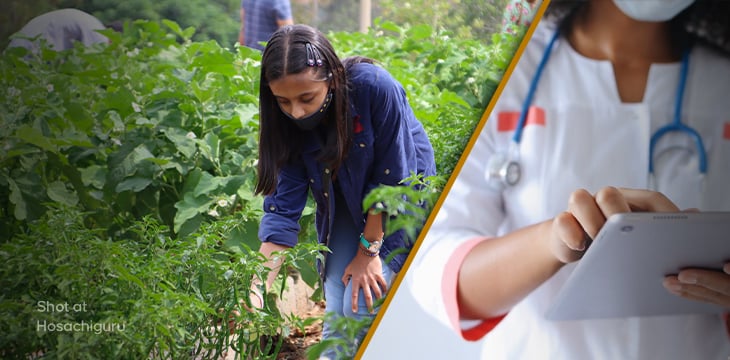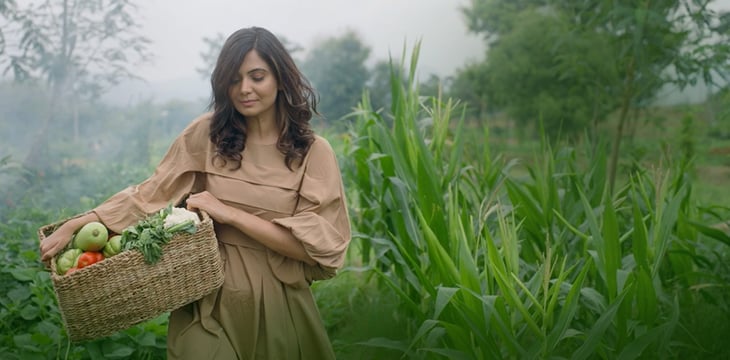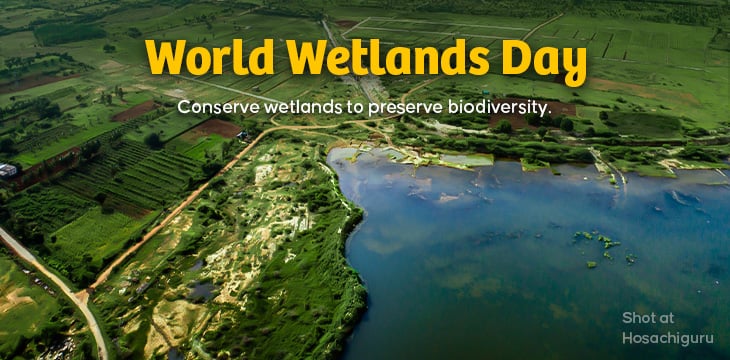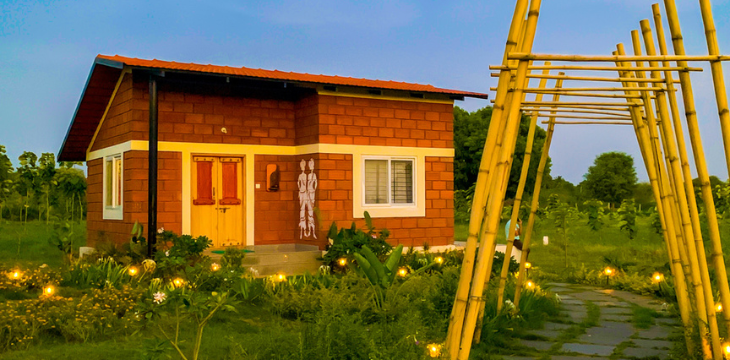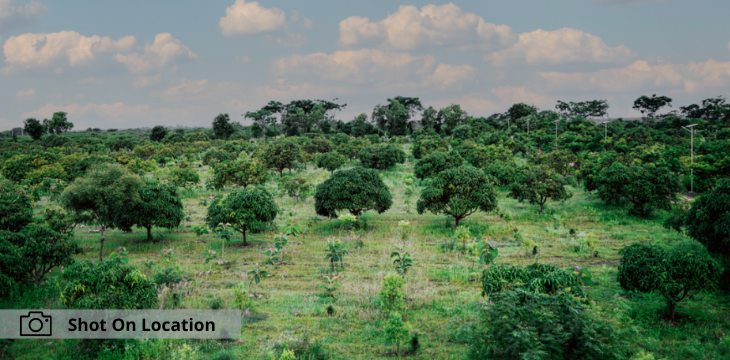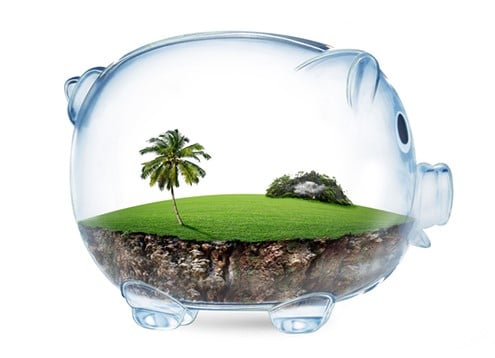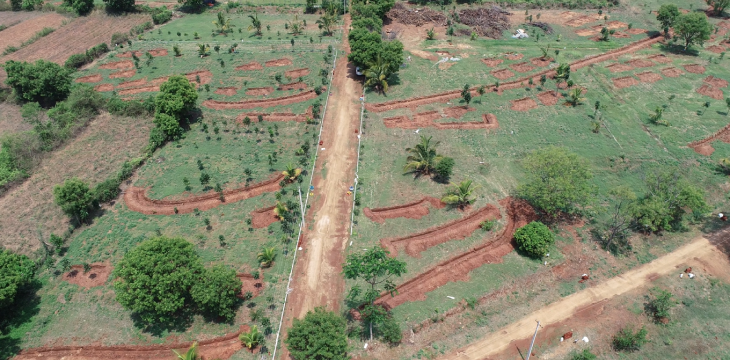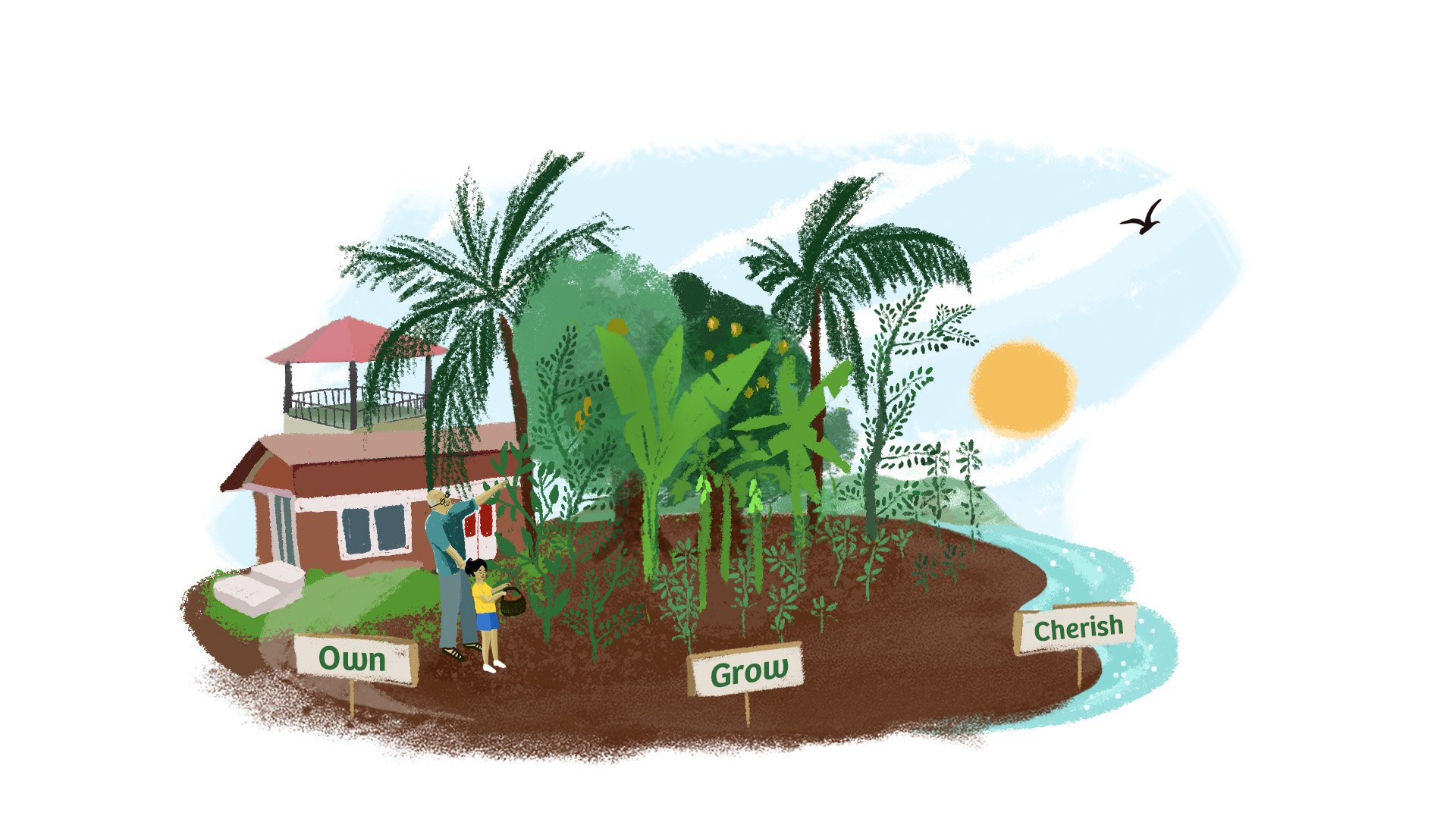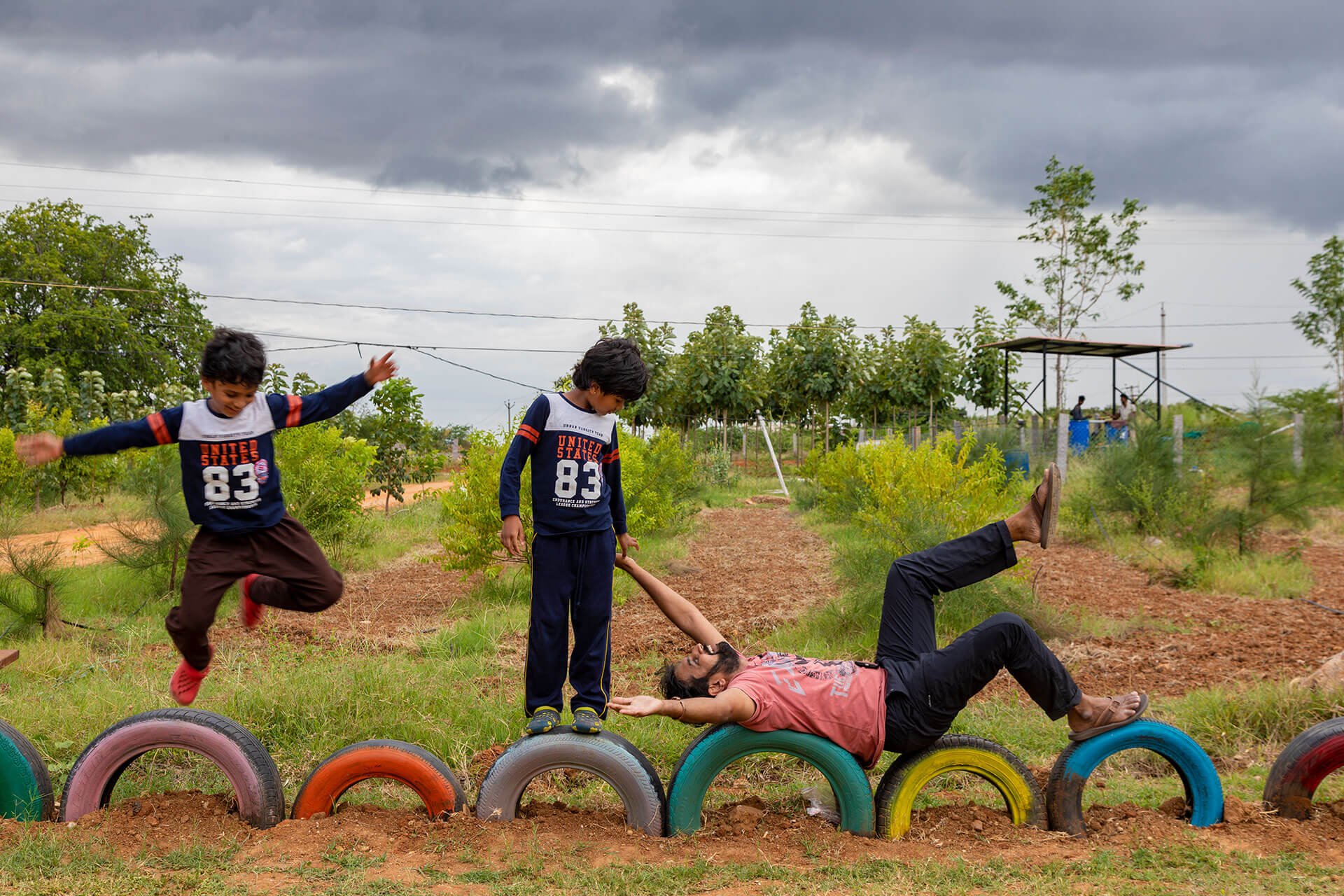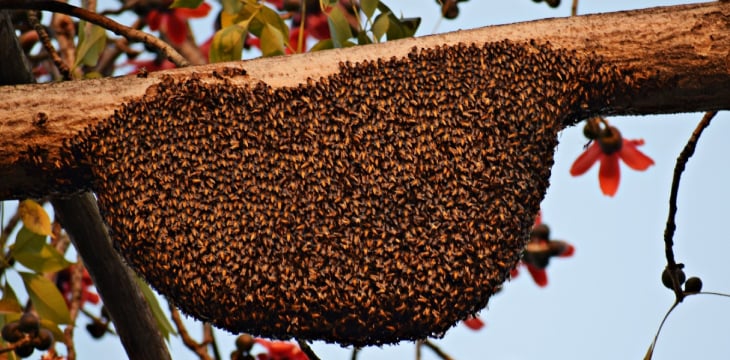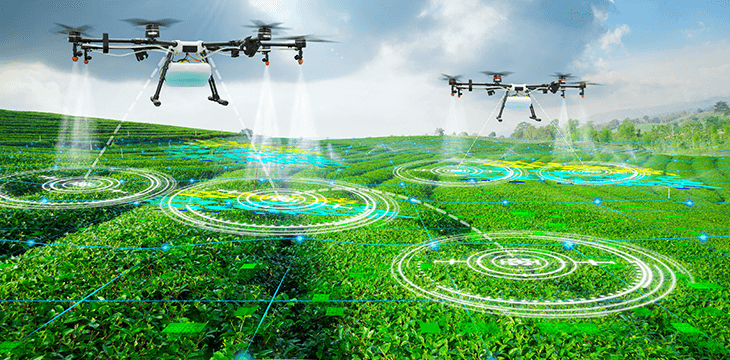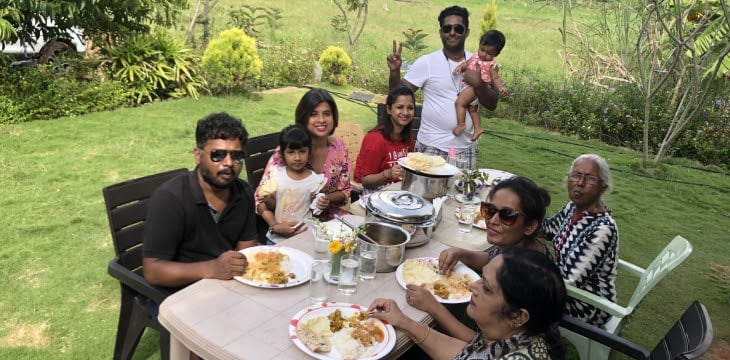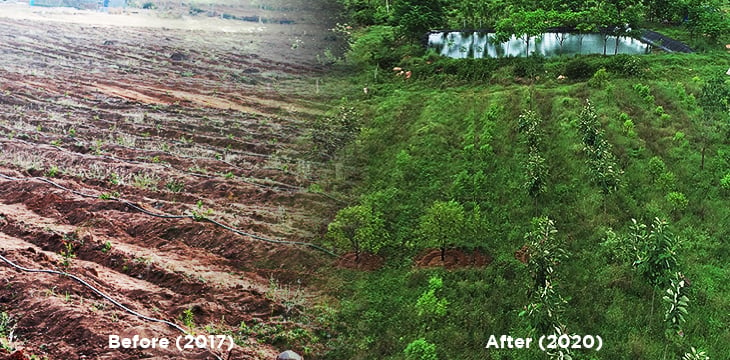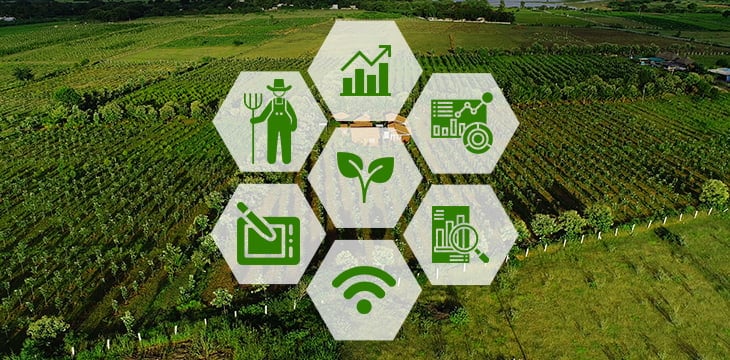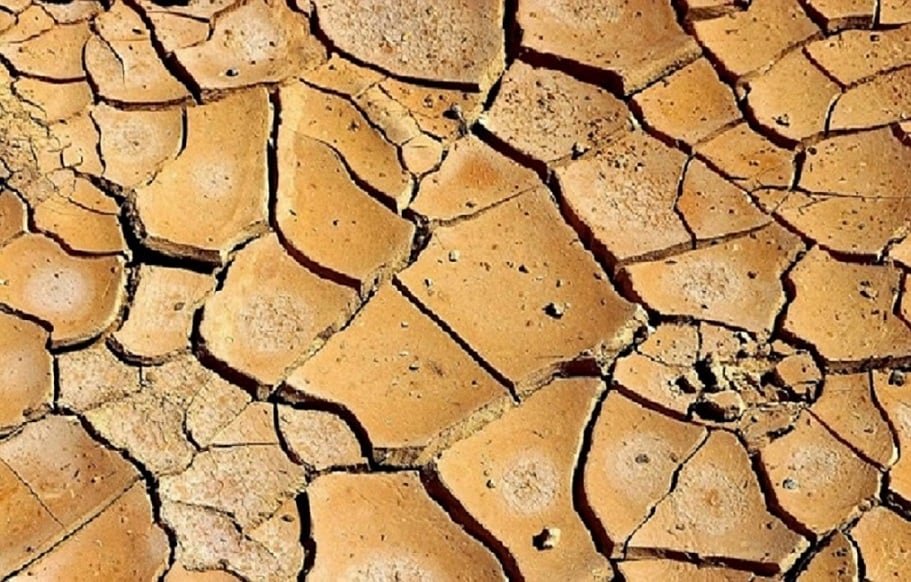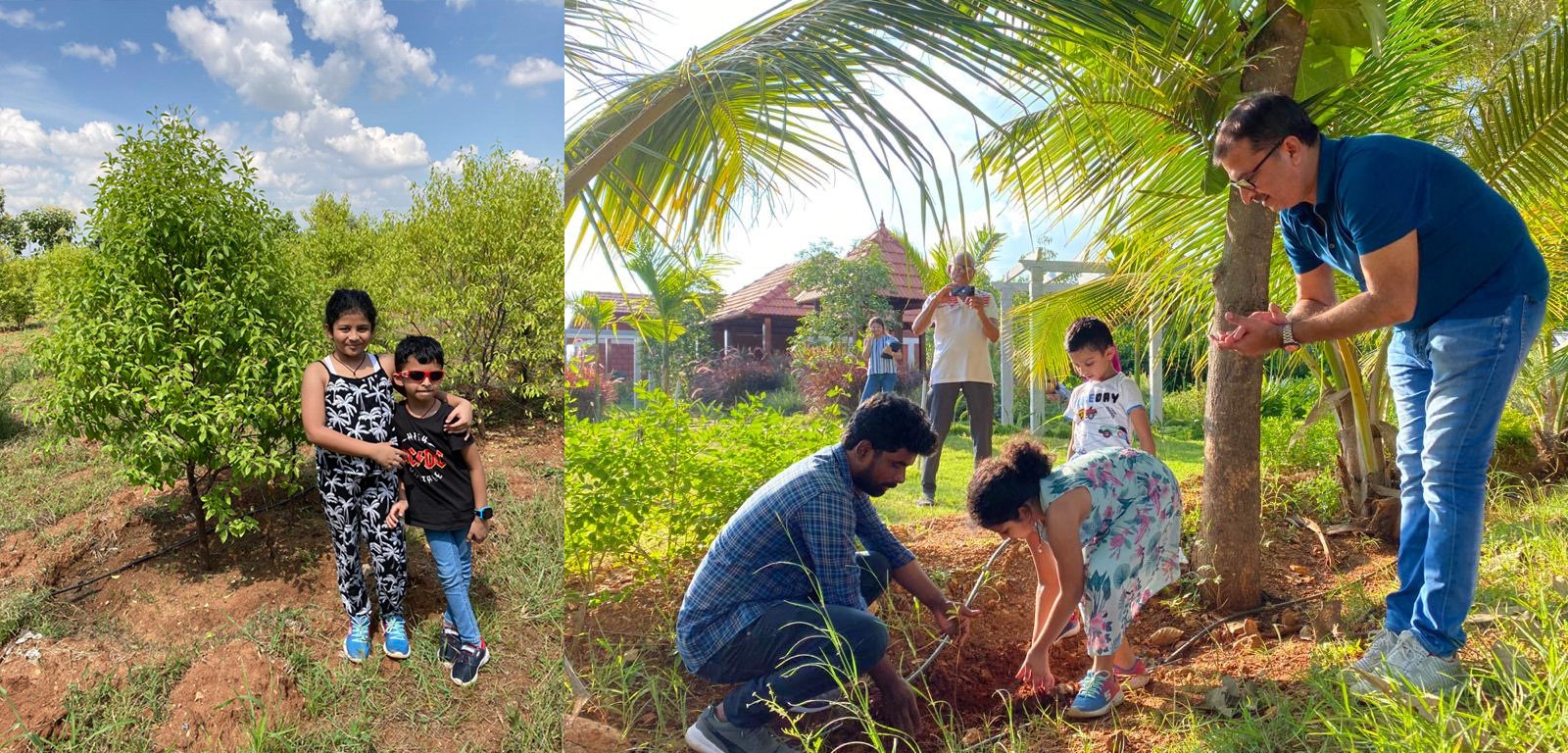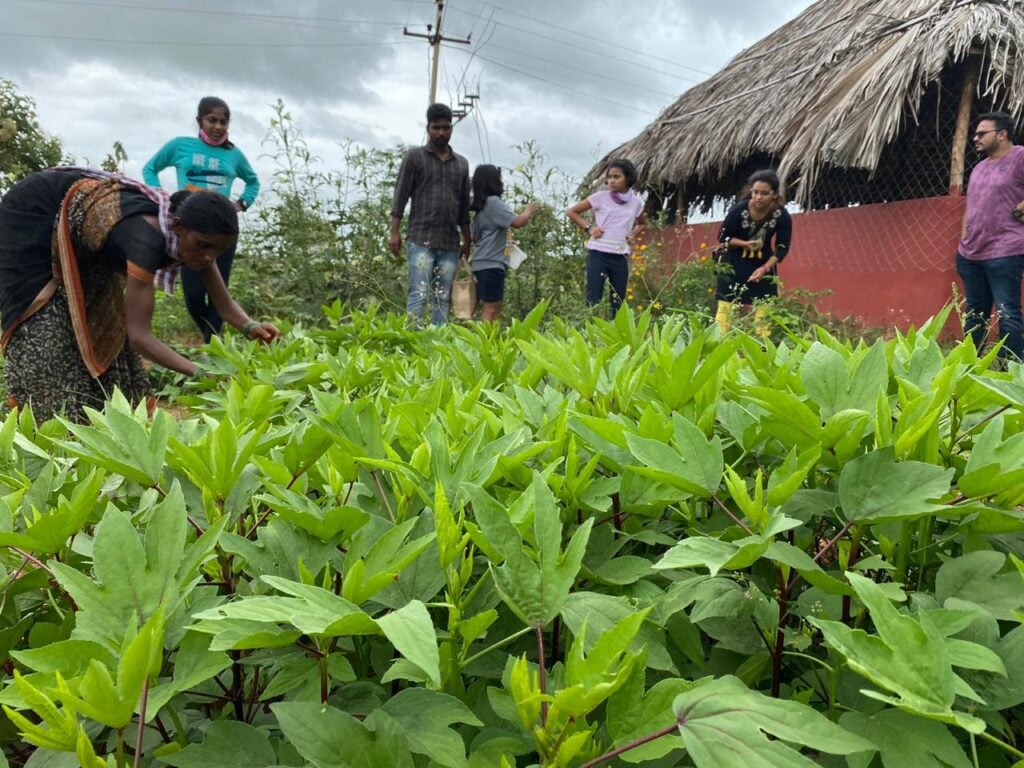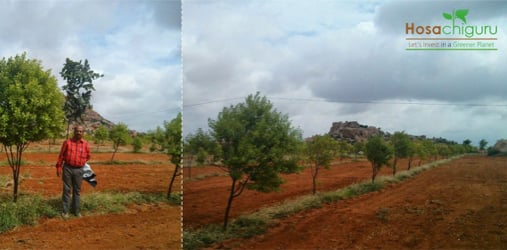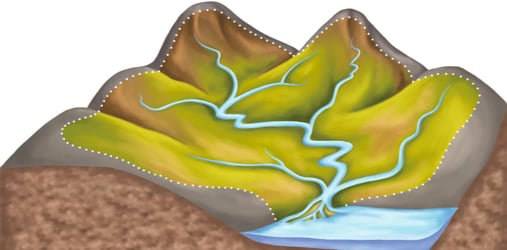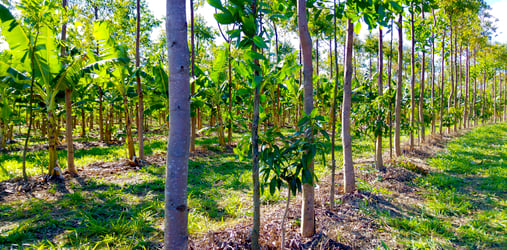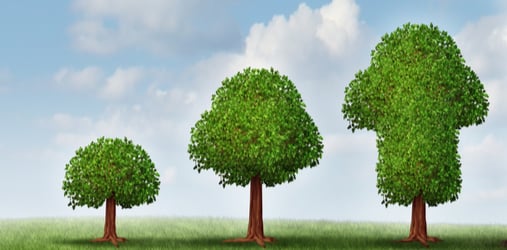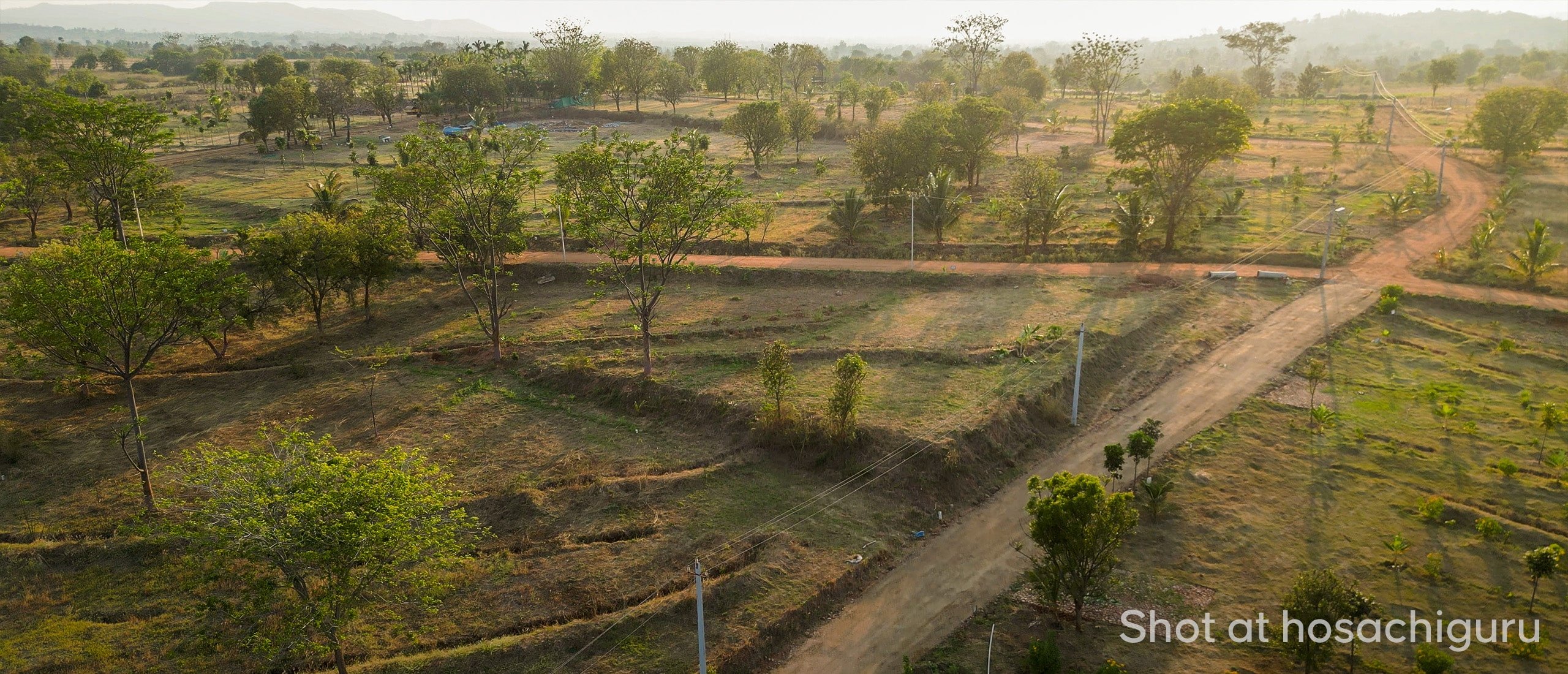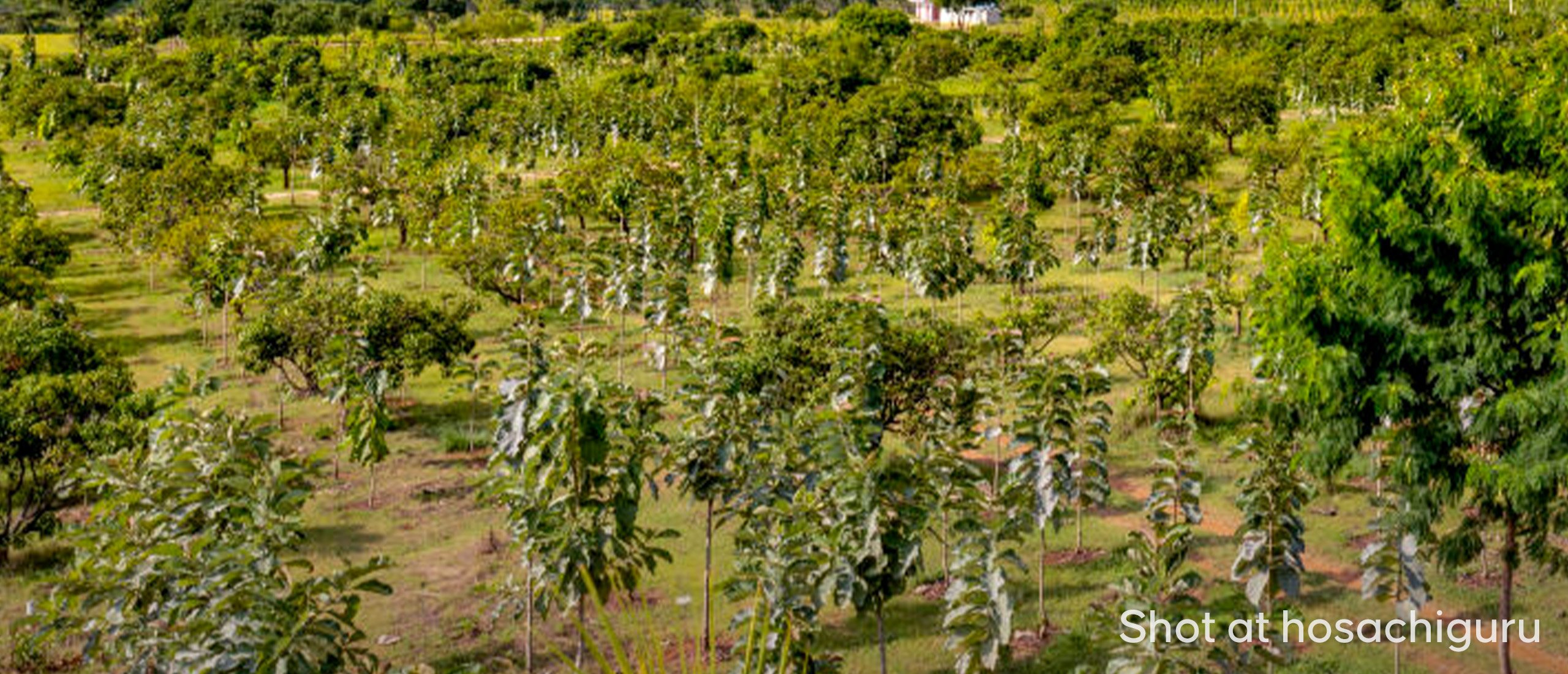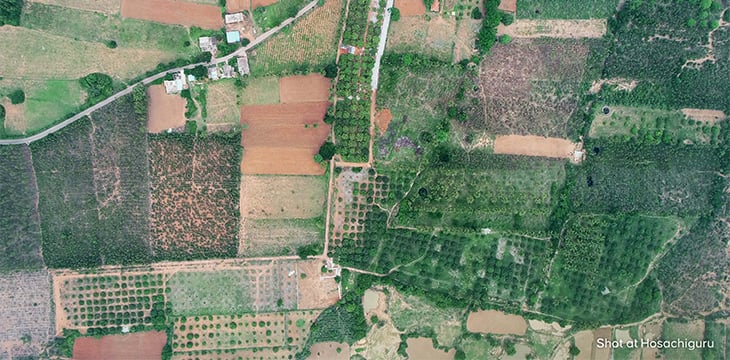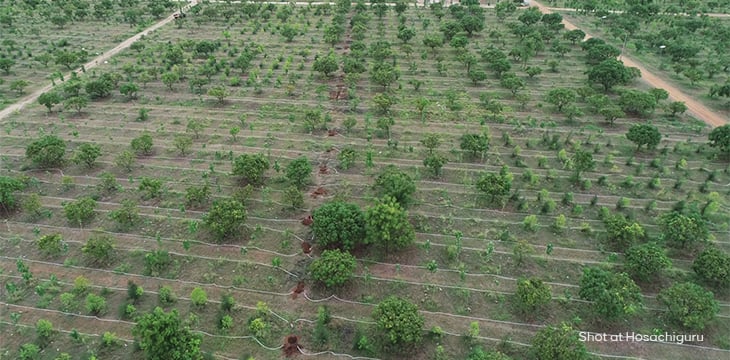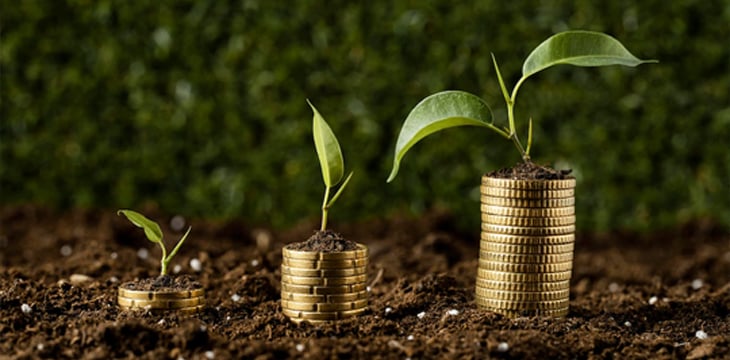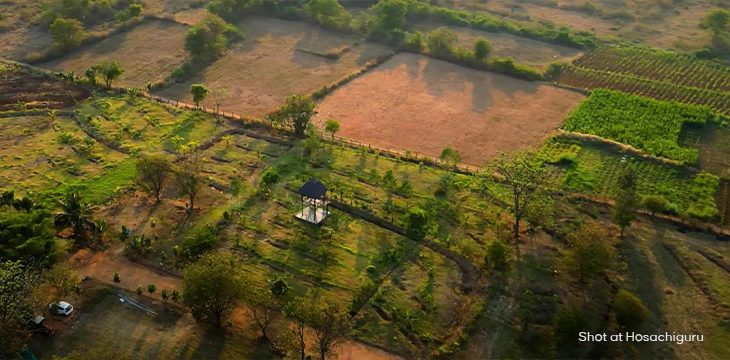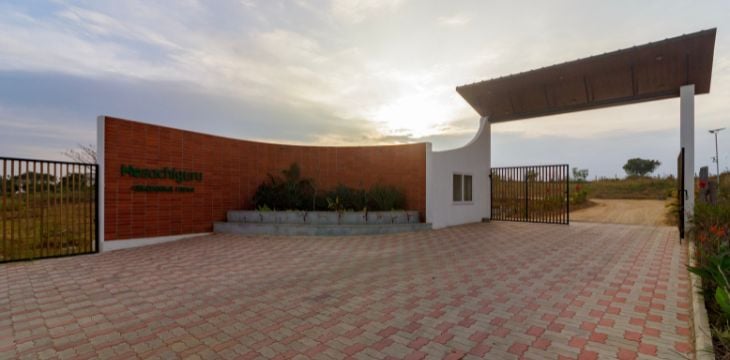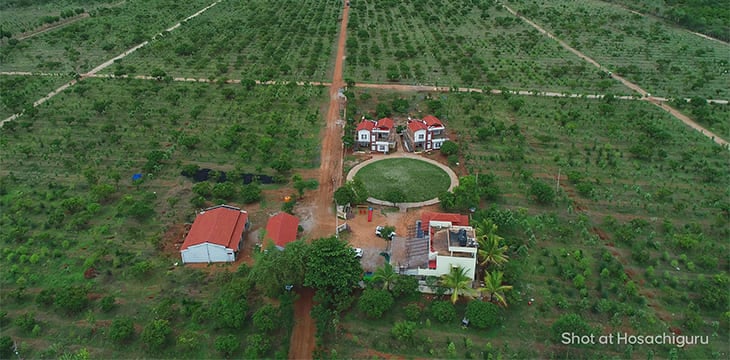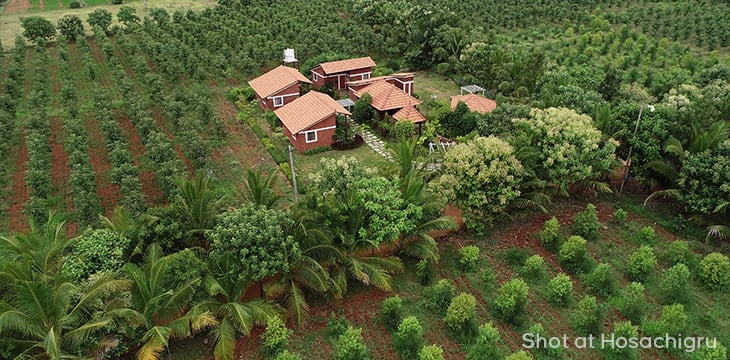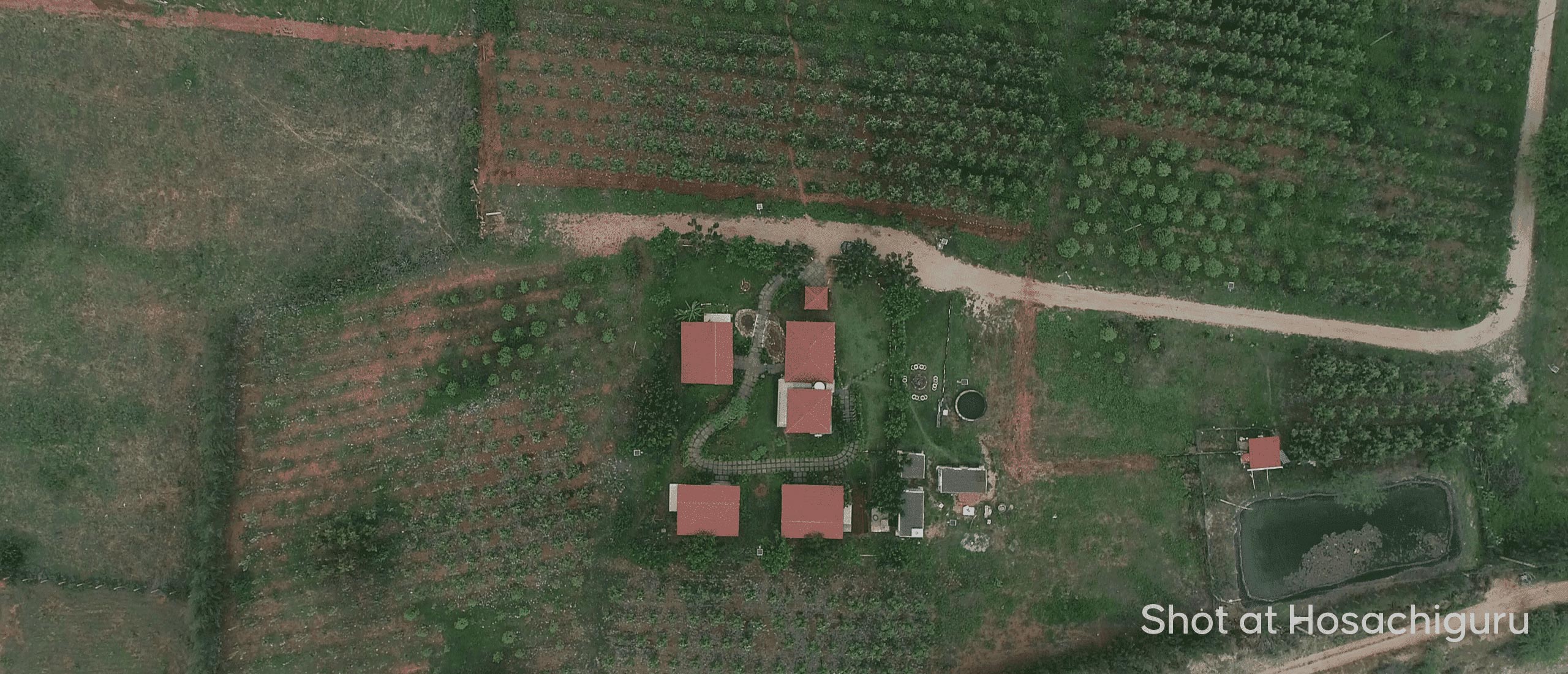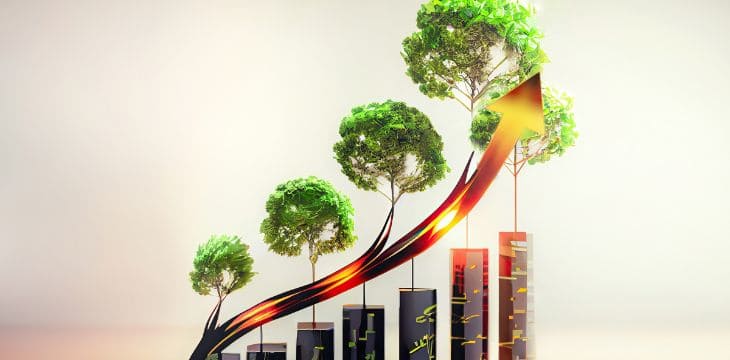September 23, 2023
Author – Srinivas Abhilash
Rivers, often hailed as the lifeblood of civilization, hold a pivotal role in shaping our history. Since the dawn of humanity, these flowing water bodies have transcended their physical presence, being revered as divine entities and fountains of life and purity.
Rivers: The Cradles of Human Civilization
Throughout history, thriving civilizations have consistently chosen to settle along the fertile banks of rivers. This recurring trend highlights the undeniable importance of rivers in shaping human societies. In the ancient Vedic period, rivers held a special significance beyond their role as mere water bodies; they were revered as divine beings and goddesses. These sacred rivers were believed to bestow prosperity and abundance upon the communities residing along their shores.
Water: The Essence of Life
It’s a well-known fact that humans can survive without food for up to three weeks. However, when it comes to staying hydrated, the human body can only endure for 3 to 5 days. The historical proximity of major civilizations to rivers underscores the vital importance of water resources for human existence. Water isn’t just a commodity; it is the essence of life itself.
Rivers and Spirituality
Sanatana Dharma, the ancient and intricate spiritual tradition of India, places rivers at the core of its beliefs and practices. According to the Sanskrit Scripture – Ahnika Sutravali, verse 106:
“गङ्गे च यमुने चैव गोदावरि सरस्वति ।
नर्मदे सिन्धु कावेरि जलेऽस्मिन् संनिधिं कुरु ॥”
Meaning:
1: O Holy Rivers Ganga and Yamuna, and also Godavari and Saraswati,
2: O Holy Rivers Narmada, Sindhu, and Kaveri; Please be Present in this Water (and make it Holy).
This hymn invokes the presence of seven holy rivers: Ganga, Yamuna, Godavari, Saraswati, Narmada, Sindhu, and Kaveri, into the water. It is a prayer for their sanctifying influence on the water. The rivers are revered as goddesses, and this invocation seeks their blessings and purification. In daily life, this ritual is an integral part, particularly during bathing. Moreover, it holds significant importance in house and temple consecration ceremonies, highlighting the deep spiritual connection between rivers and the concept of spiritual purity.
The ritual of Kalasha Aaradhana, a common prelude to many Hindu ceremonies, further exemplifies the veneration of rivers. During this practice, the divine essence of rivers is invoked into a vessel of water, sanctifying it. This sacred water is then used to bless and purify individuals and spaces. It symbolizes not only the importance of water but also its purifying and blessing properties.
Honoring the Sacred Essence of Rivers
“Rivers hold a profound place in human civilization and spirituality, nurturing communities and connecting the material and the divine. From ancient scriptures to daily rituals, rivers remain integral to our lives, reminding us that water is not just a resource but the essence of our existence.
On this World Rivers Day 2023, themed ‘Rights of Rivers,’ we acknowledge these invaluable treasures. They provide life-giving water vital for our survival, serving as custodians of life and purity, deserving our utmost respect and protection.”
This means taking steps to keep our rivers clean, preserve their habitats, and use water wisely. By doing so, we ensure that these vital resources continue to provide for us and future generations.
“World Rivers Day 2023: Empowering Rivers for Climate and Sustainability”
Legal rights of rivers, recognizing them as living entities with the right to exist, flow naturally, and maintain a healthy ecosystem, aim to protect rivers and promote sustainable water management.
World Rivers Day 2023, themed “Rights of Rivers,” underscores the critical connection between rivers, sustainability, and climate change. This theme emphasizes sustainable river management practices, including responsible land use and habitat restoration, to ensure rivers’ longevity and overall environmental sustainability.
Rivers also play a crucial role in carbon sequestration by transporting carbon-rich materials from land to oceans, aiding in climate change mitigation. World Rivers Day 2023 highlights the importance of empowering rivers and safeguarding their rights as we work to combat climate change and advance sustainability.
Empowering Rivers To Achieve UN Sustainable Goals
Empowering rivers and water systems to align with the UN Sustainable Goals, mitigate climate change, and sequester carbon involves a multi-faceted approach:
- Ecosystem Restoration: By implementing large-scale river and wetland restoration projects to enhance the health and resilience of aquatic ecosystems. This not only supports biodiversity but also aids in carbon sequestration.
- Sustainable Land Use: By promoting responsible land use planning that minimizes deforestation, urban sprawl, and agricultural runoff to protect river ecosystems and their ability to sequester carbon.
- Water Management: By ensuring efficient and sustainable water management practices, including reduced water extraction, pollution control, and floodplain conservation, to maintain river health.
- We at Hosachiguru managed farmlands employ sustainable water management practices such as swales, bioswales, diversion trenches, and staggered trenches, to capture water, and reduce the flow of the water (to combat soil erosion). This increases the groundwater table and allows us to minimize our water usage. Large ponds are dug at all our projects to collect and reuse the rainwater efficiently.
- Renewable Energy: By encouraging the development of sustainable hydropower projects, incorporating fish-friendly technologies to generate clean energy while minimizing negative impacts on river ecosystems.
- Climate-Resilient Infrastructure: By designing and upgrading the infrastructure to withstand the impacts of climate change, such as floods and storms, to protect river systems and their surrounding communities.
- Climate-Adaptive Agriculture: By promoting agricultural practices that reduce runoff, soil erosion, and chemical pollution, improving water quality, and supporting carbon sequestration in riparian zones.
- Areas adjacent to the streams and ponds are marked as Riparian zones at Hosachiguru-managed farmlands. Lemon Grass, Vetiver, and Citronella are some of the native grass varieties that are planted to purify water.
- Riparian zones are created through the use of artificial structures such as sediment ponds and sediment basins, which are designed to trap sediment and pollutants before they reach wetlands.
- Community Engagement: By engaging local communities in river conservation and management efforts, fostering a sense of ownership and responsibility for these vital ecosystems.
By combining these approaches, we can empower rivers and water systems to not only achieve UN Sustainable Goals but also serve as essential allies in mitigating the effects of climate change and sequestering carbon, contributing to a more sustainable and resilient future for our planet.
Conclusion
As we celebrate World Rivers Day 2023 under the theme of “Rights of Rivers,” we must recognize that our rivers are not just sources of water but living entities with a profound impact on our lives, ecosystems, and climate. It is our collective responsibility to empower these lifelines of our planet for sustainability, climate action, and carbon sequestration.
By supporting ecosystem restoration, responsible land use, sustainable water management, renewable energy, climate-resilient infrastructure, climate-adaptive agriculture, and engaging local communities, we can protect and nurture our rivers.
Let us pledge to be stewards of our rivers, ensuring they flow freely, remain healthy, and continue to enrich our world. Together, we can make a difference and safeguard the rights of rivers for generations to come. Take action today for the sake of our rivers and the future of our planet.
